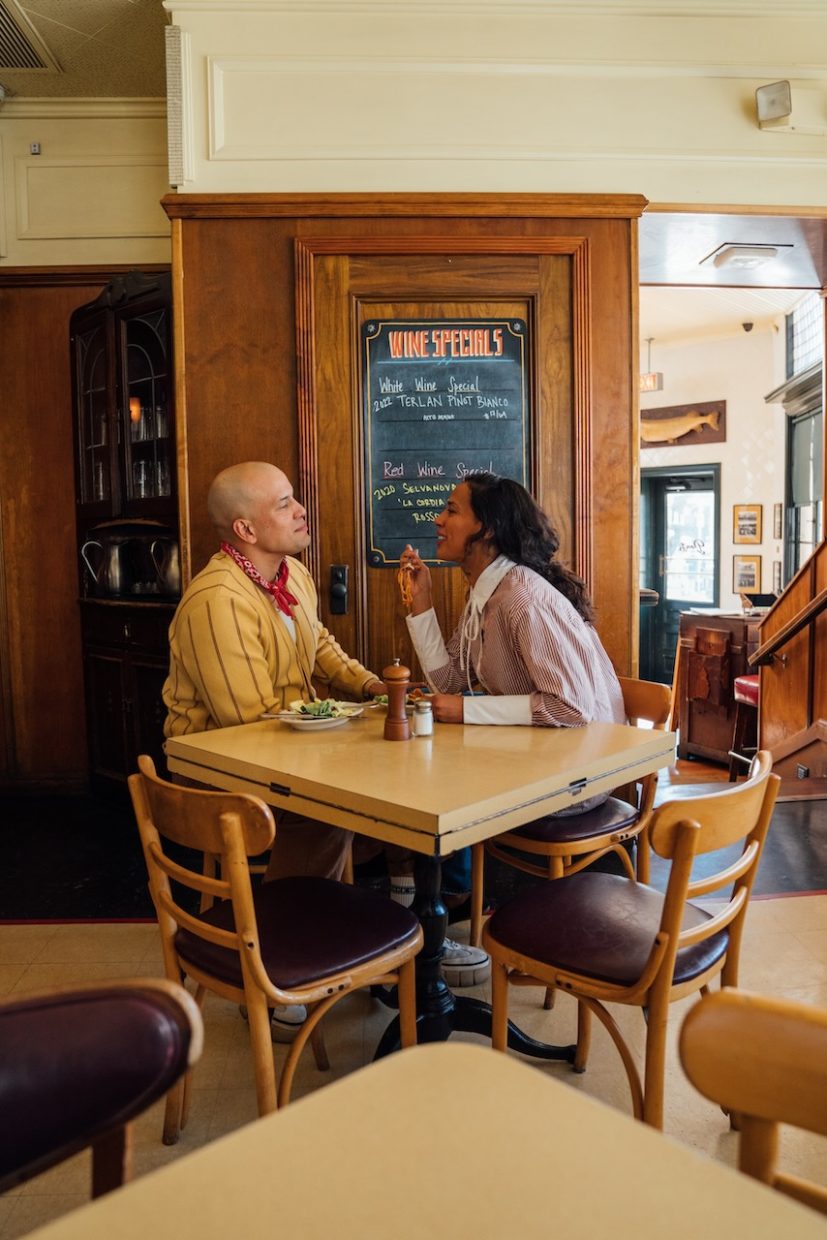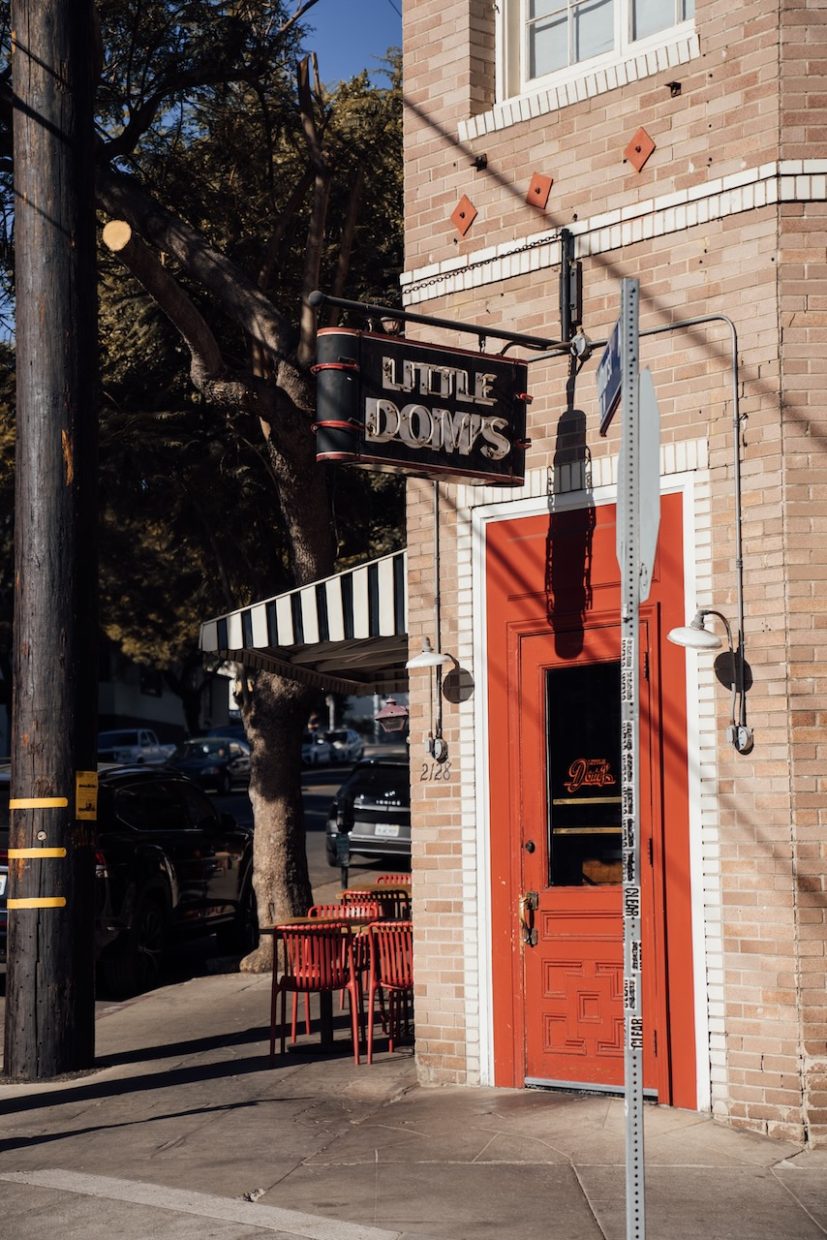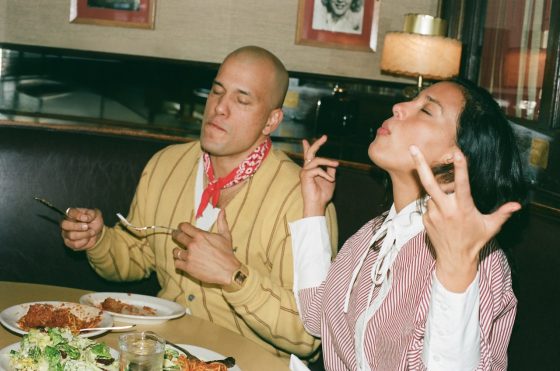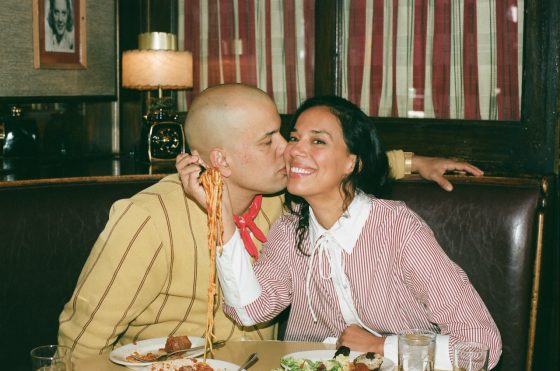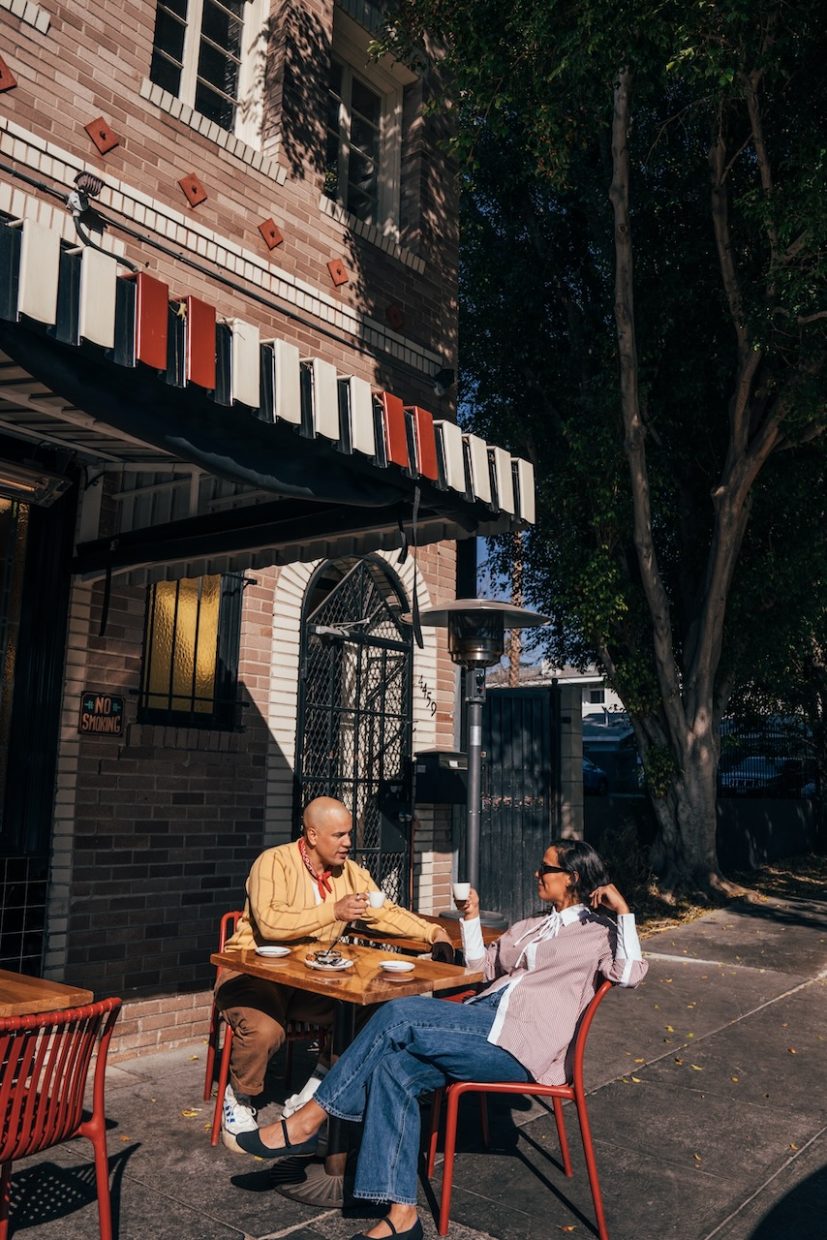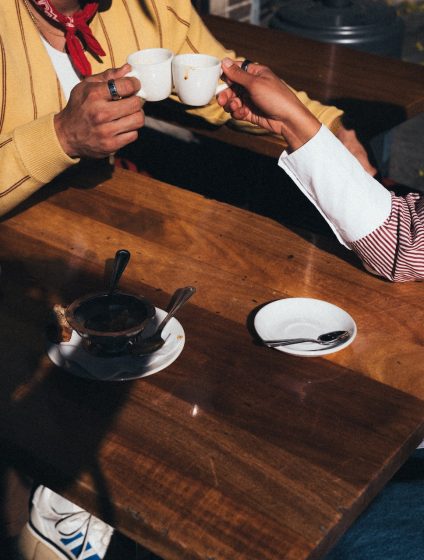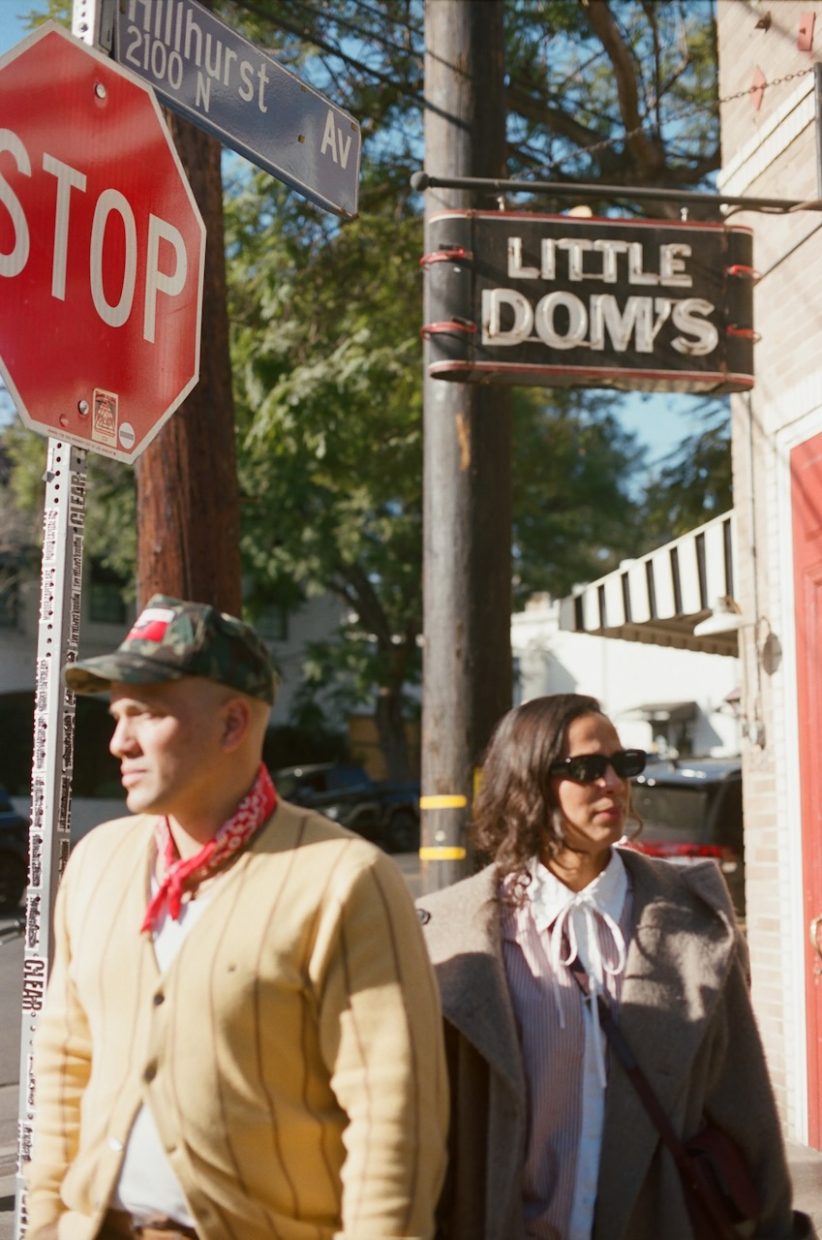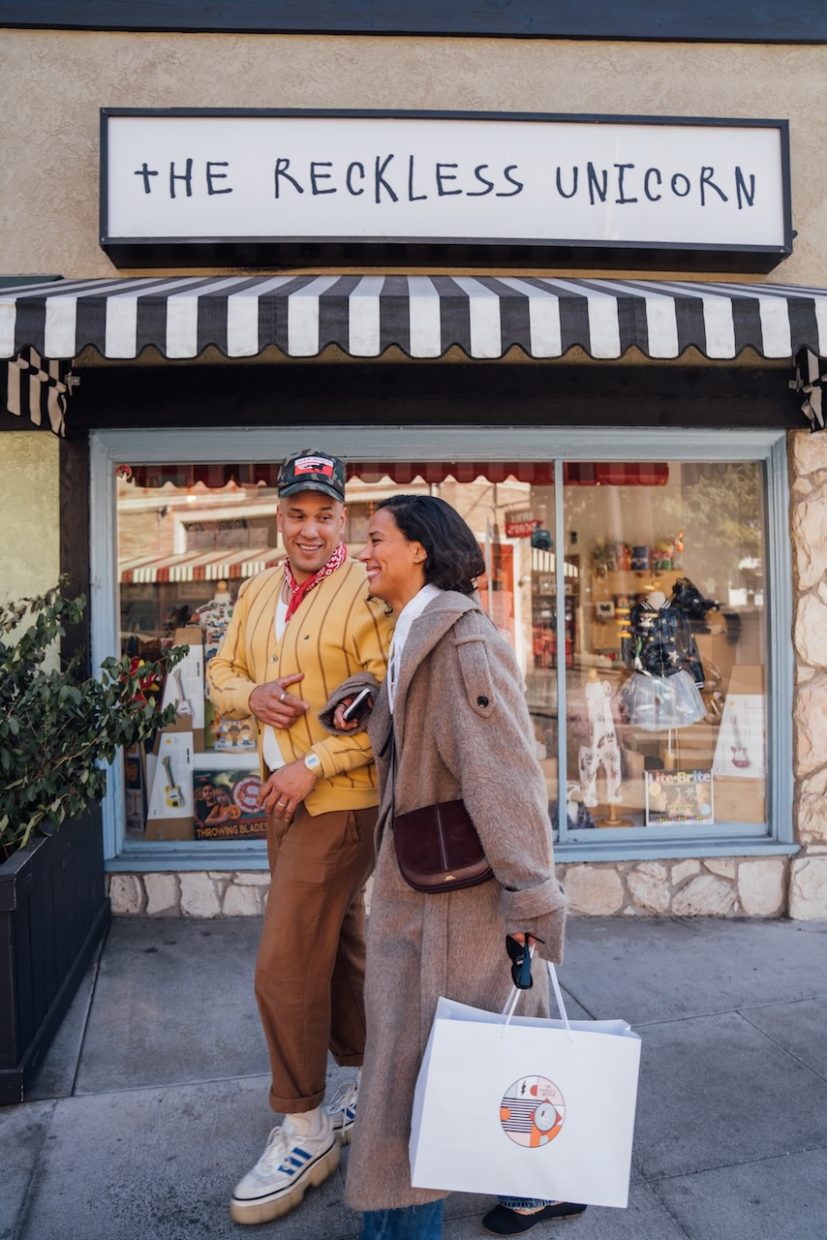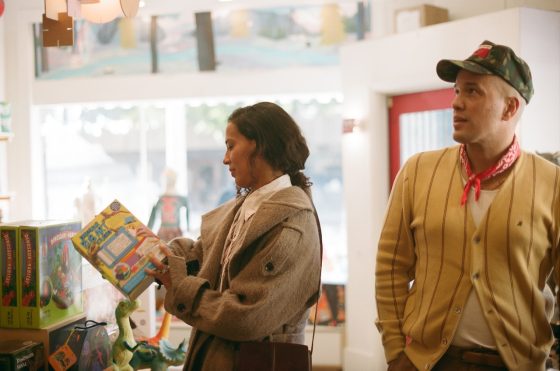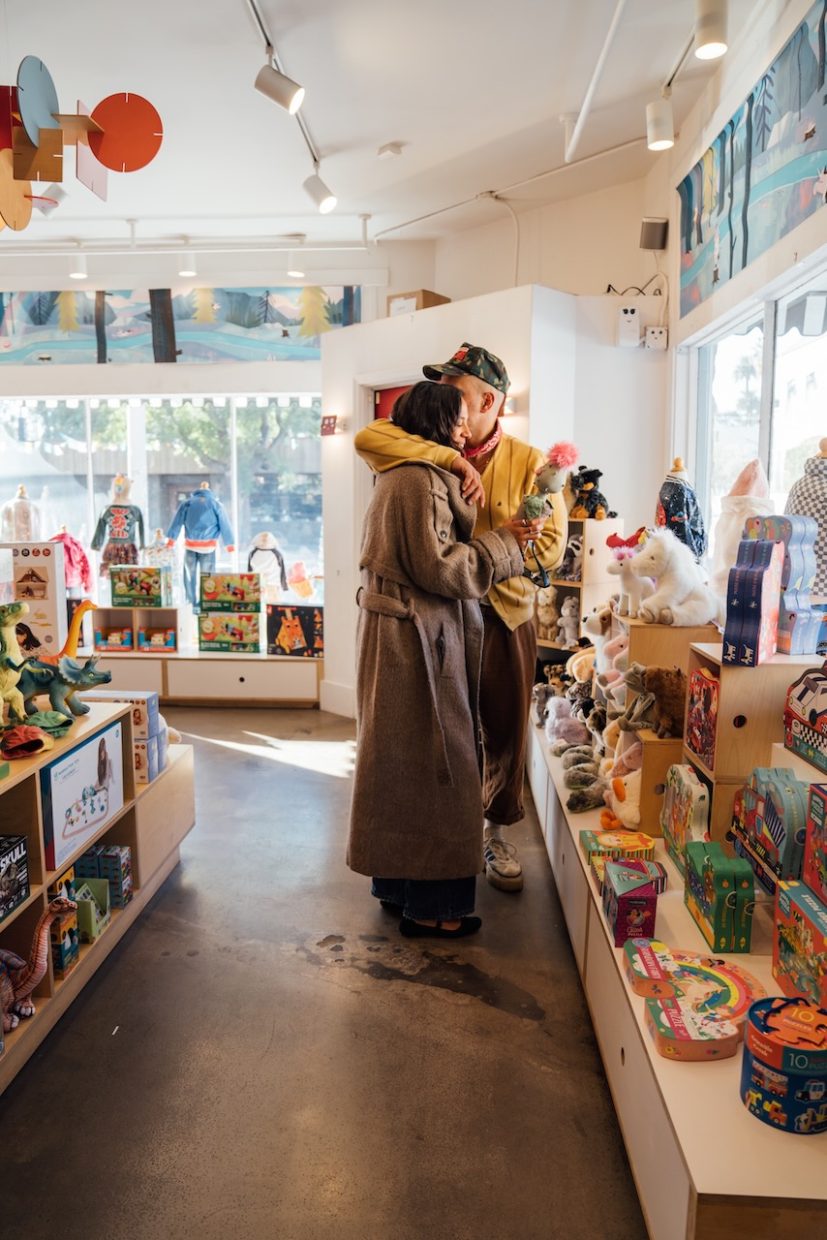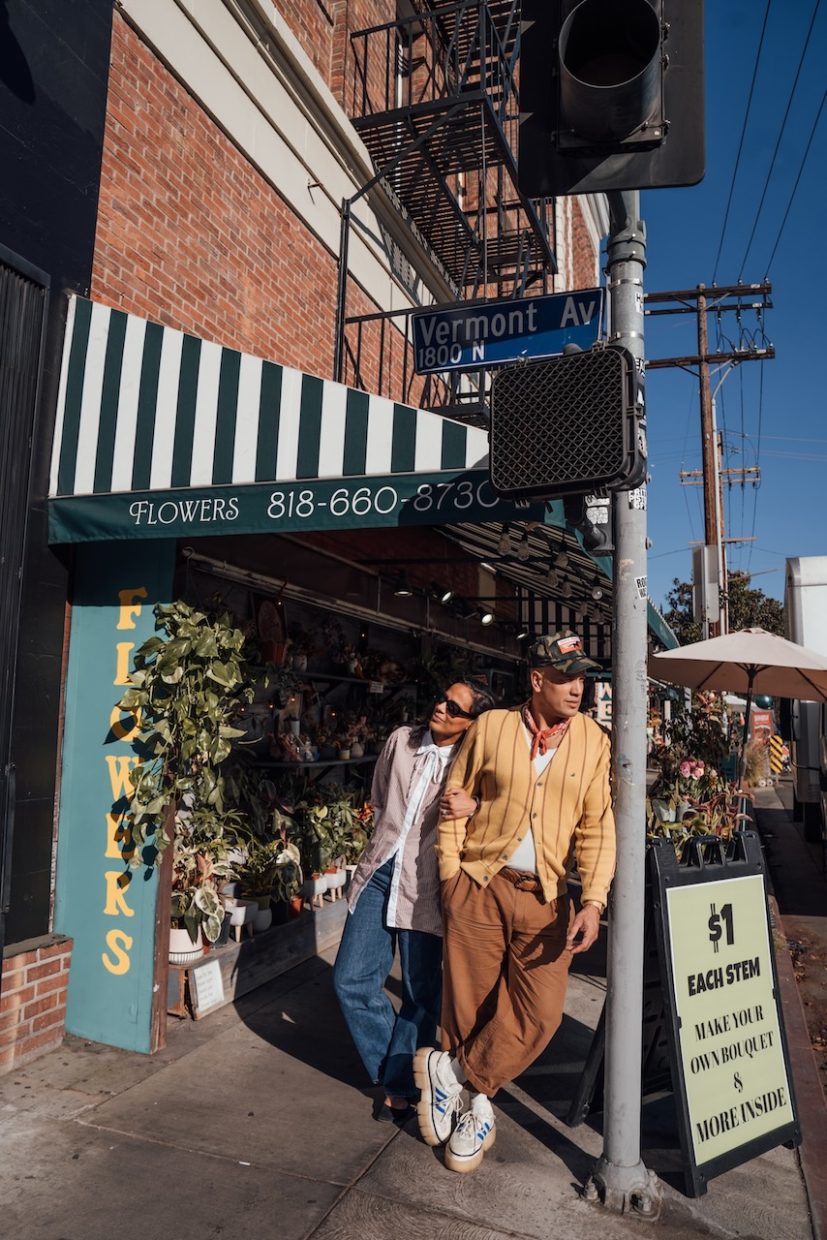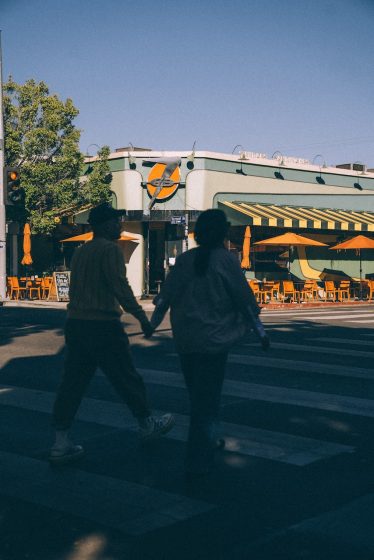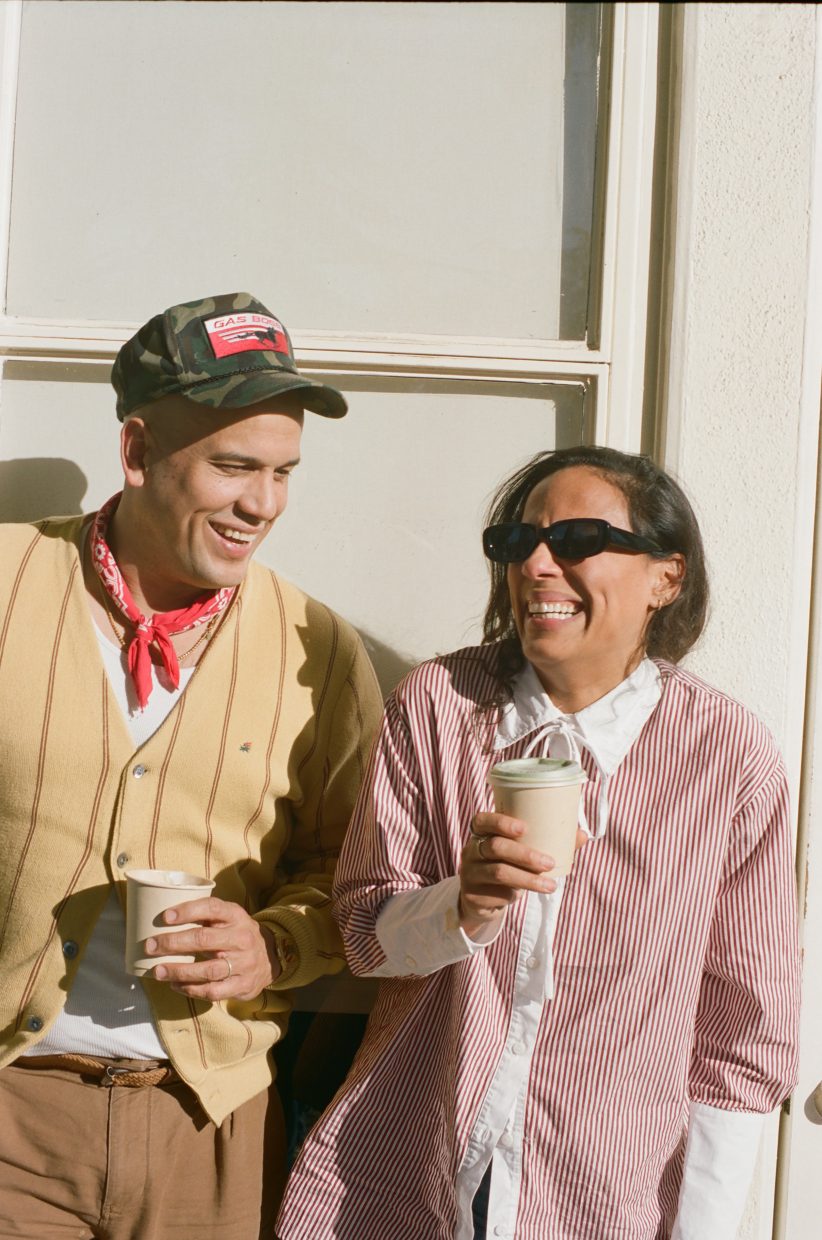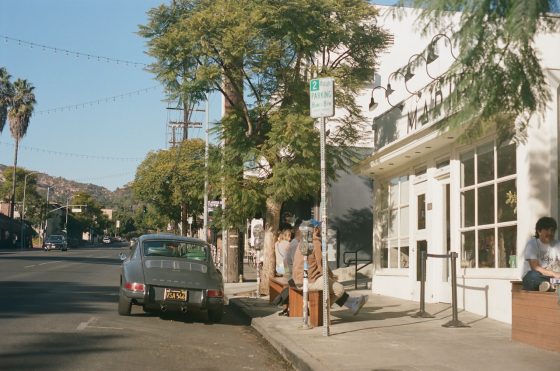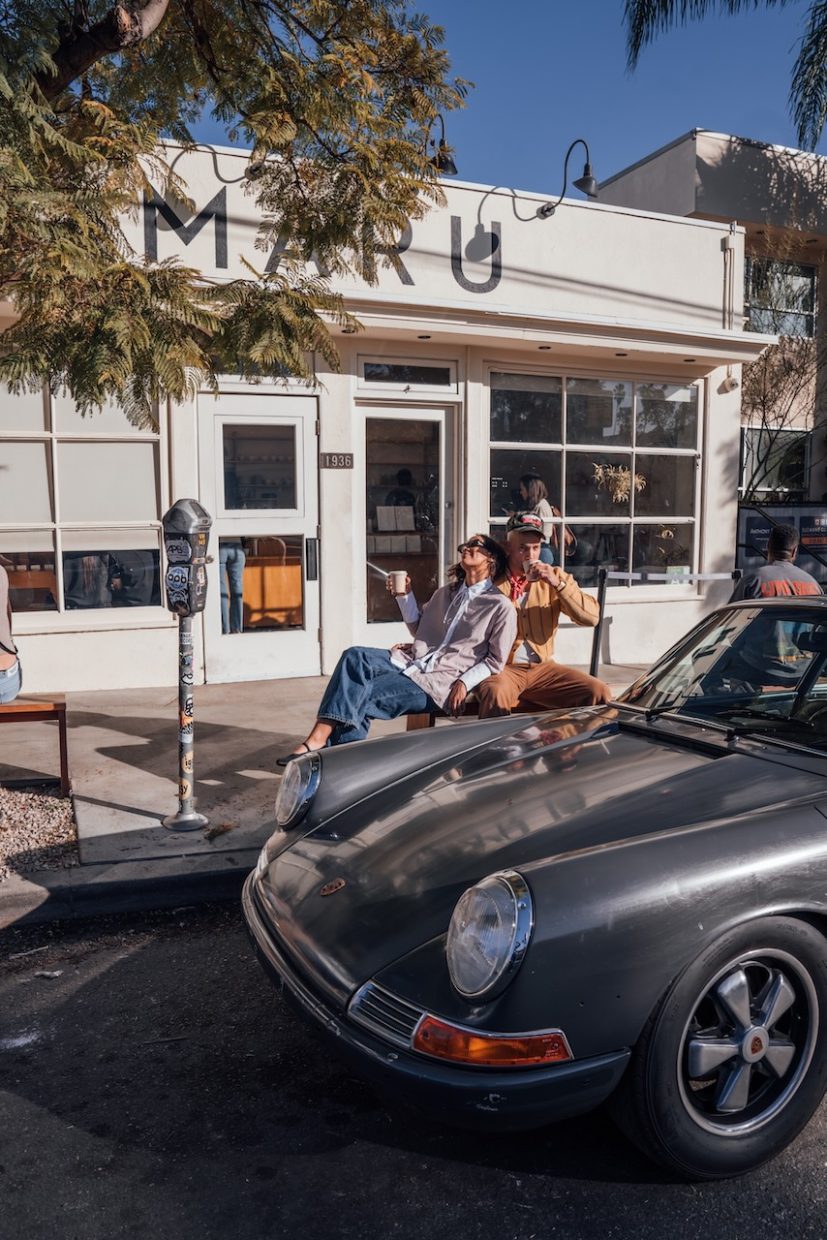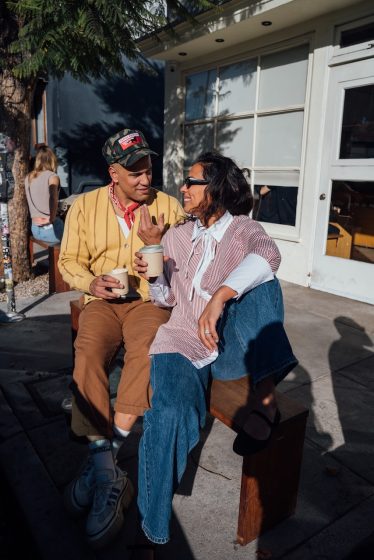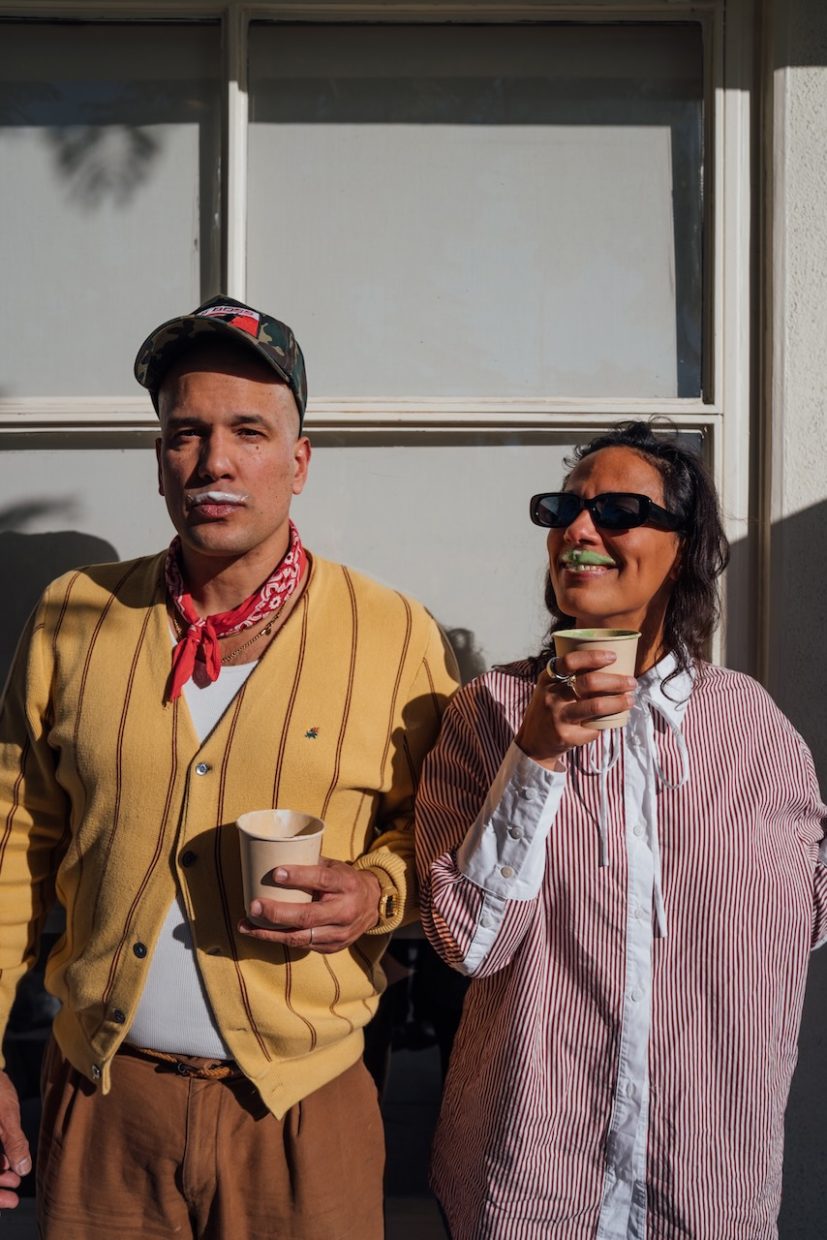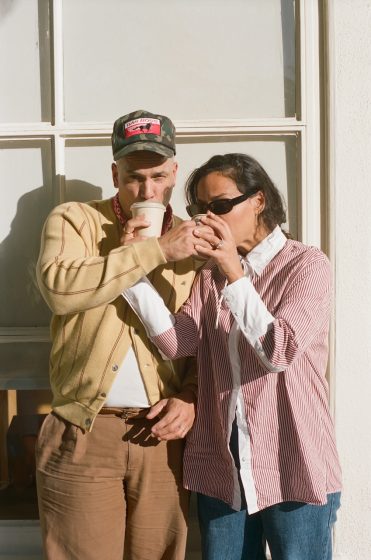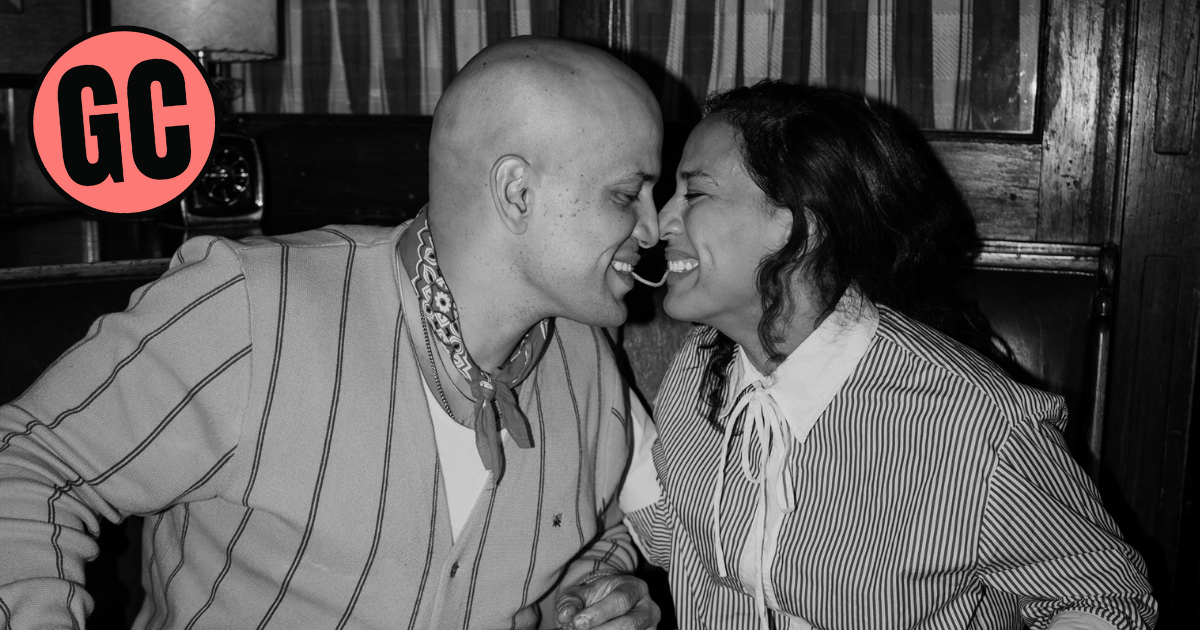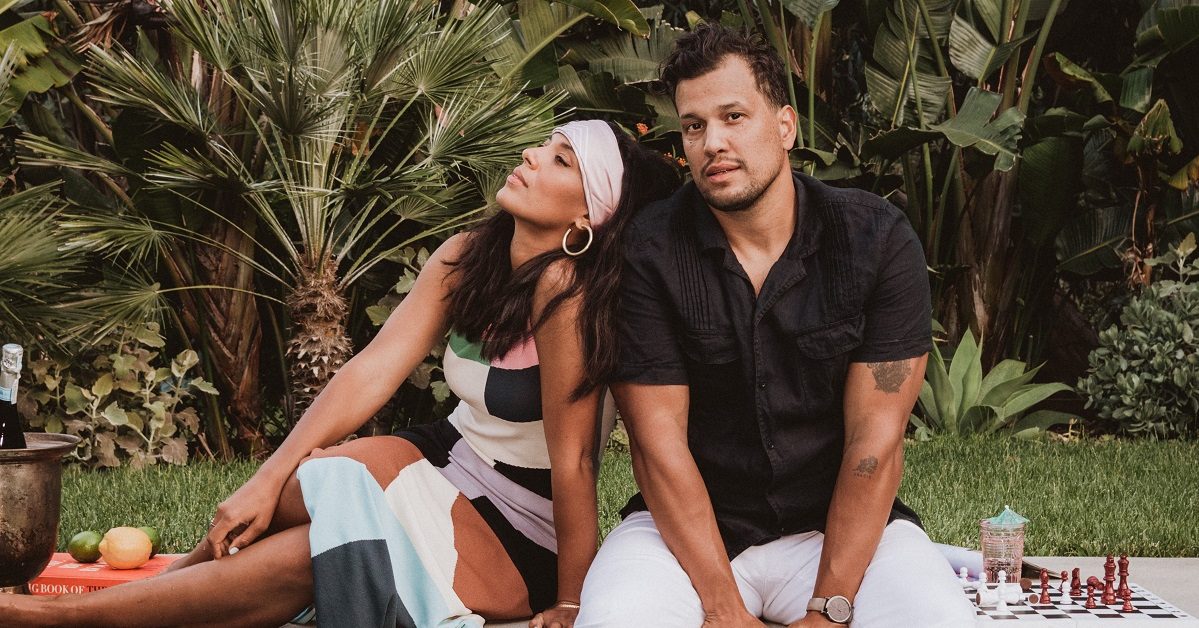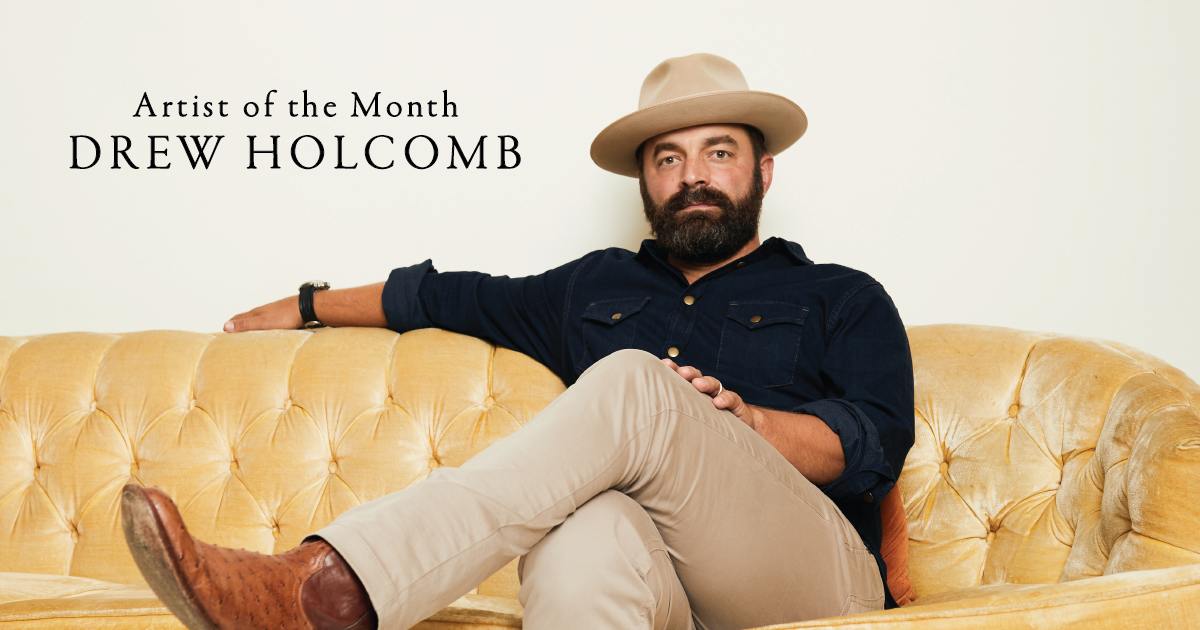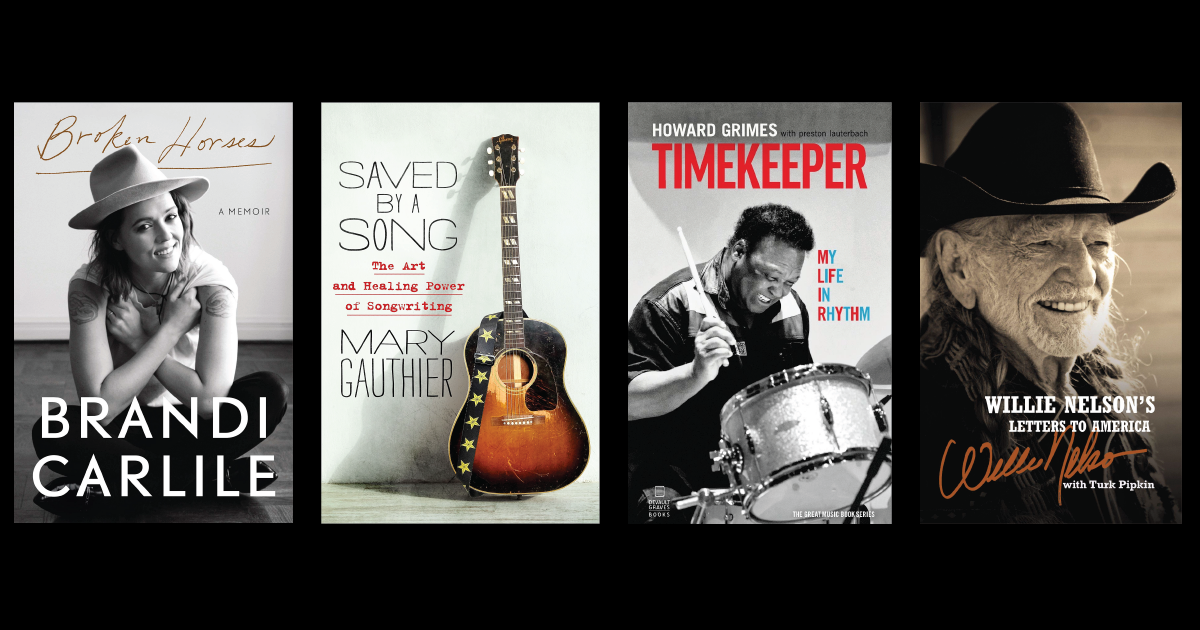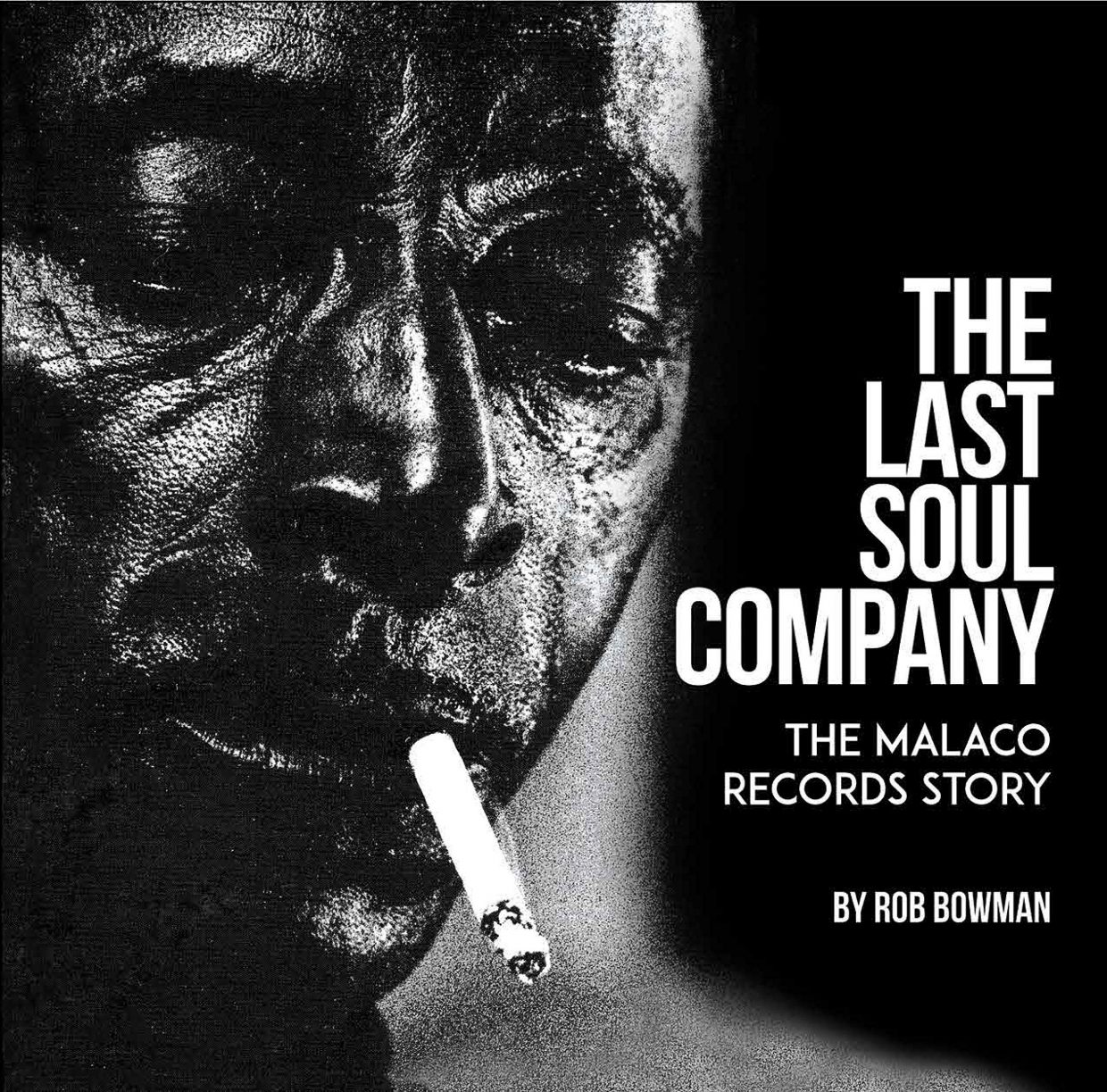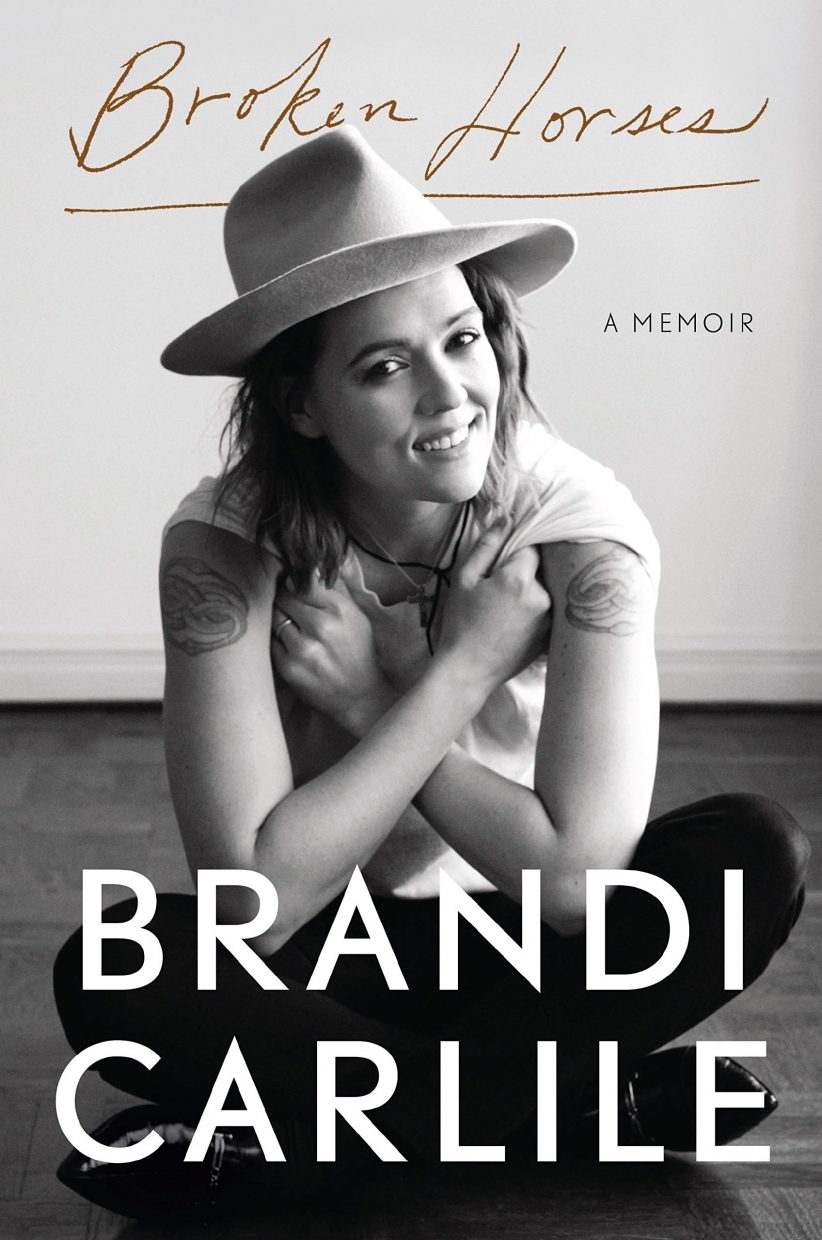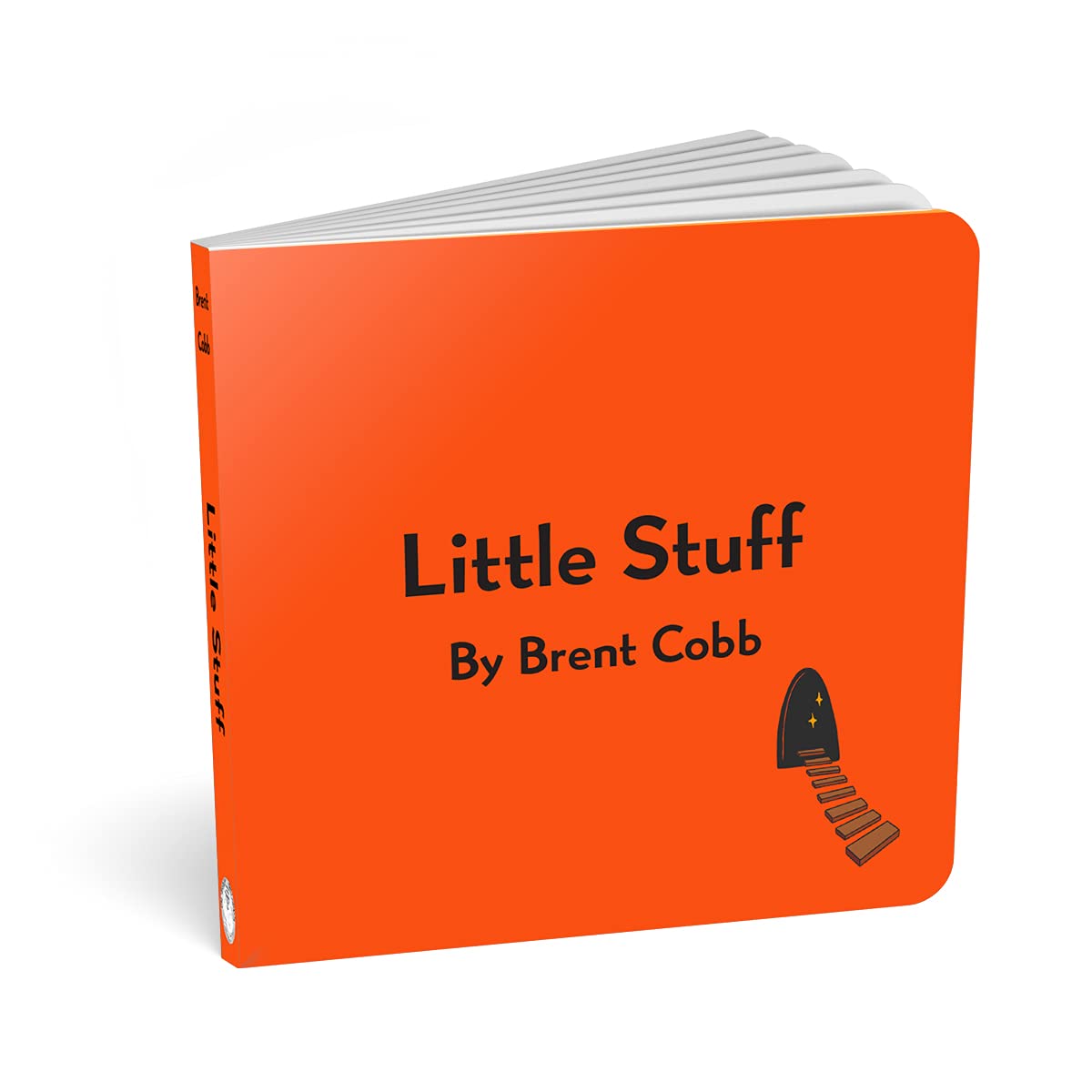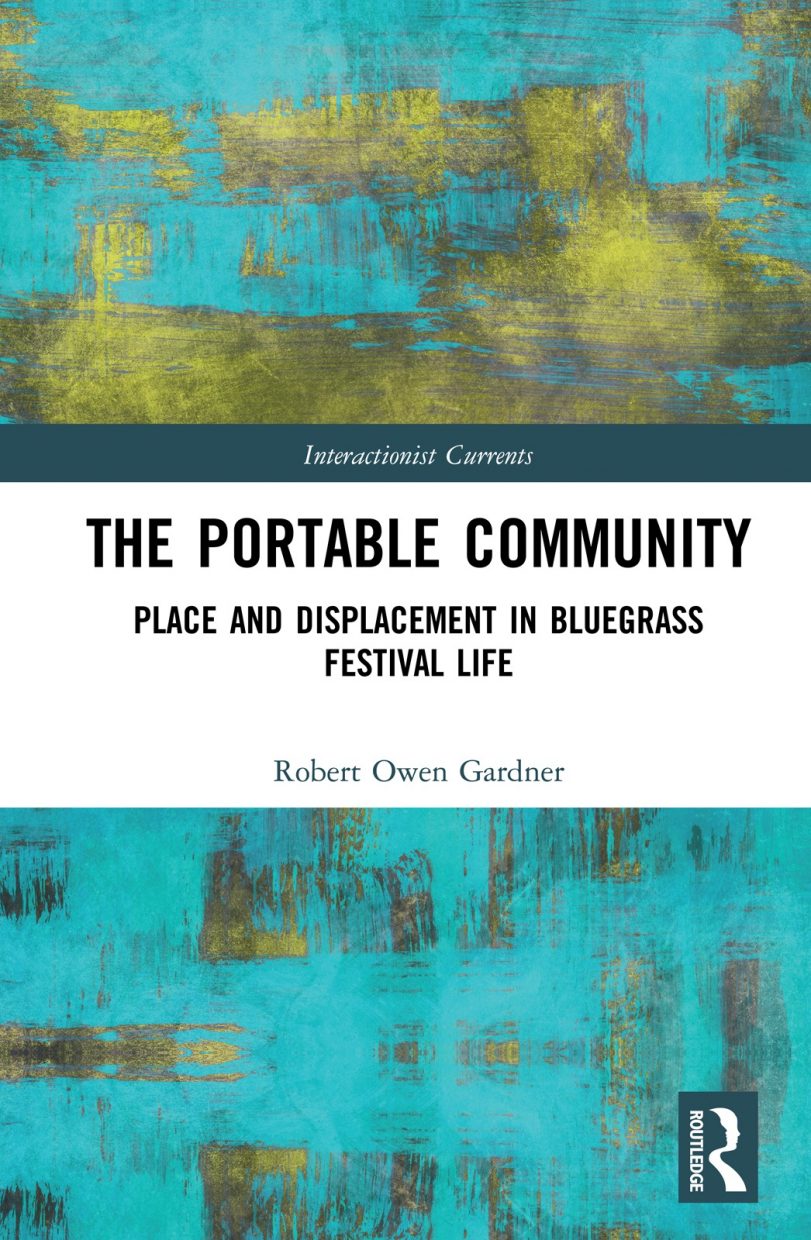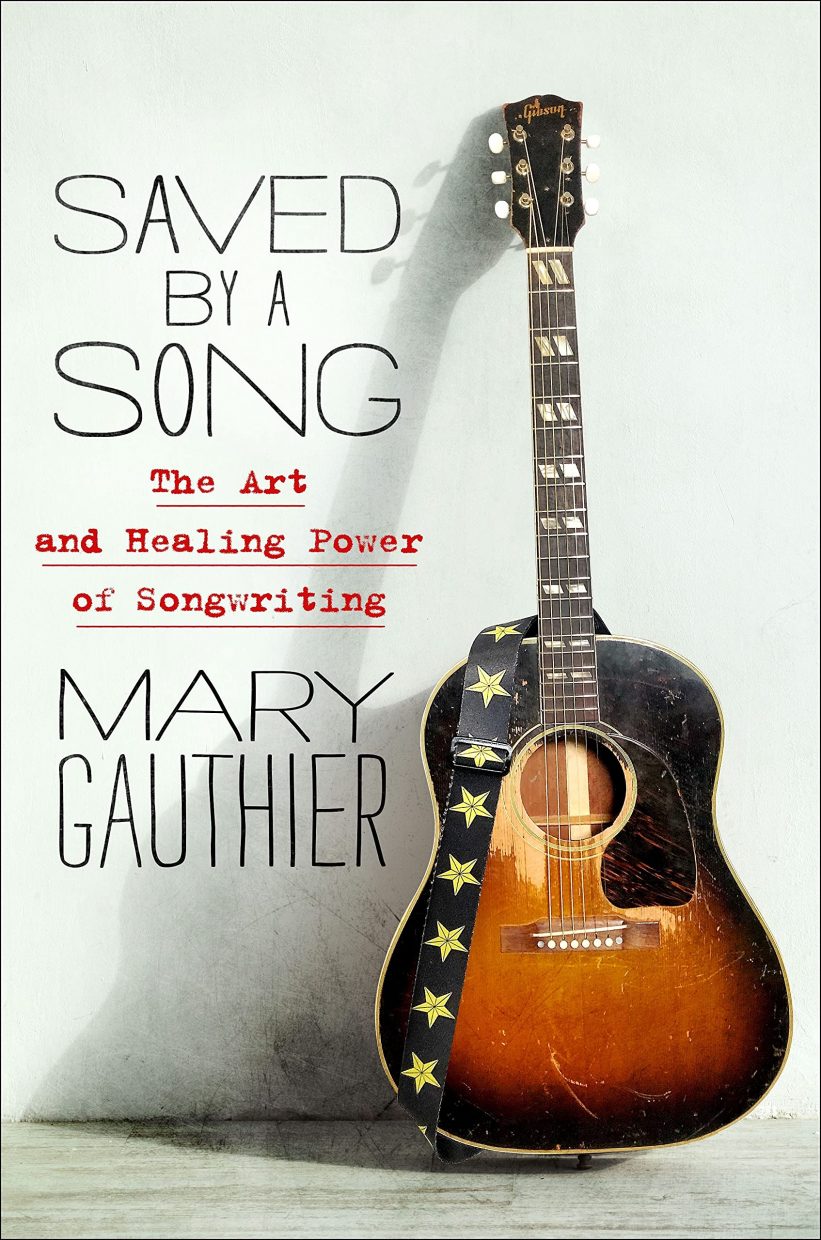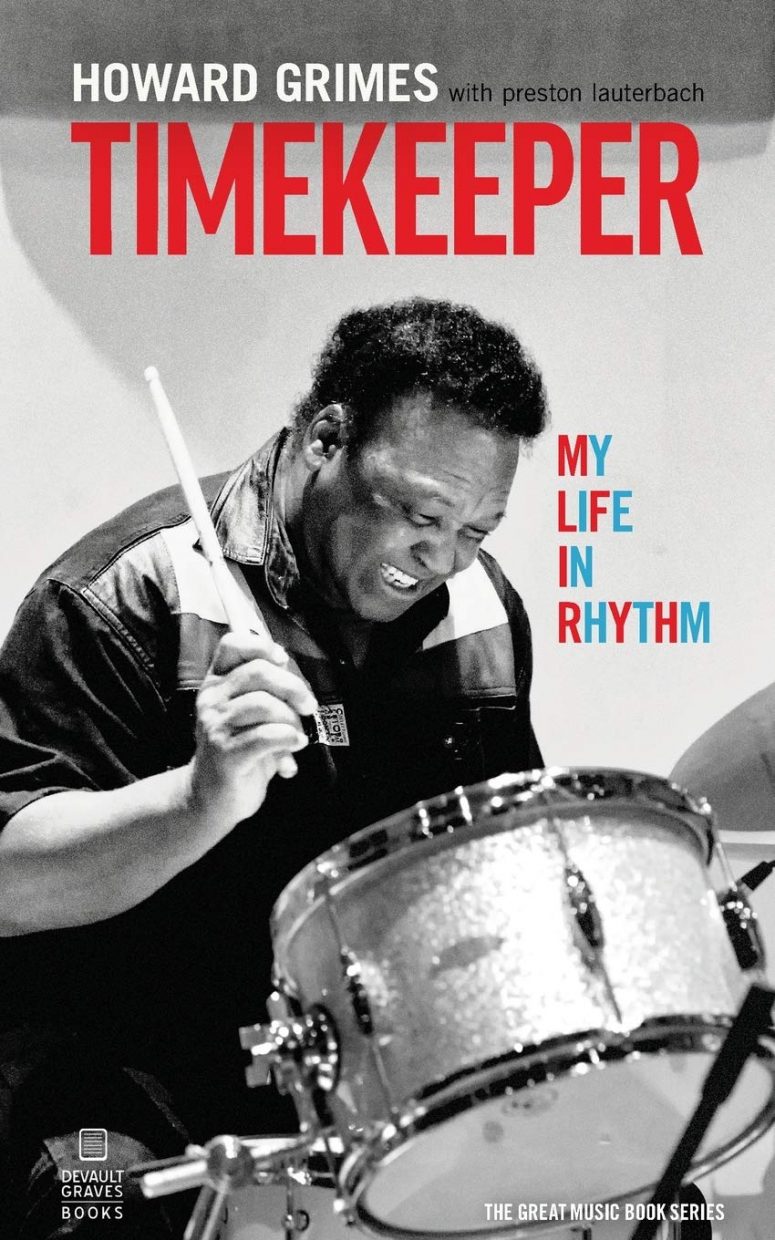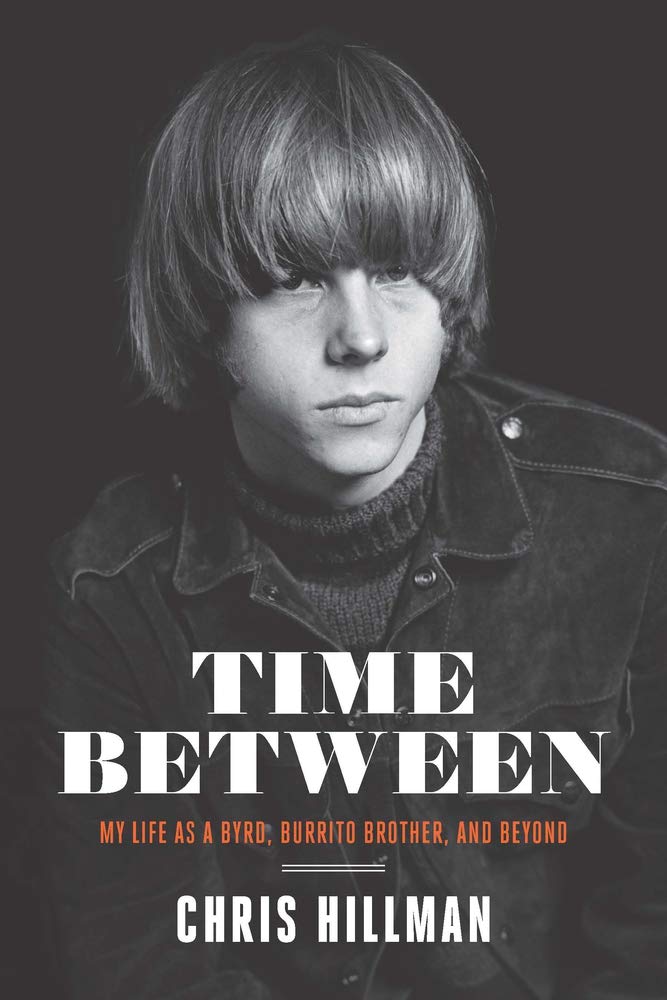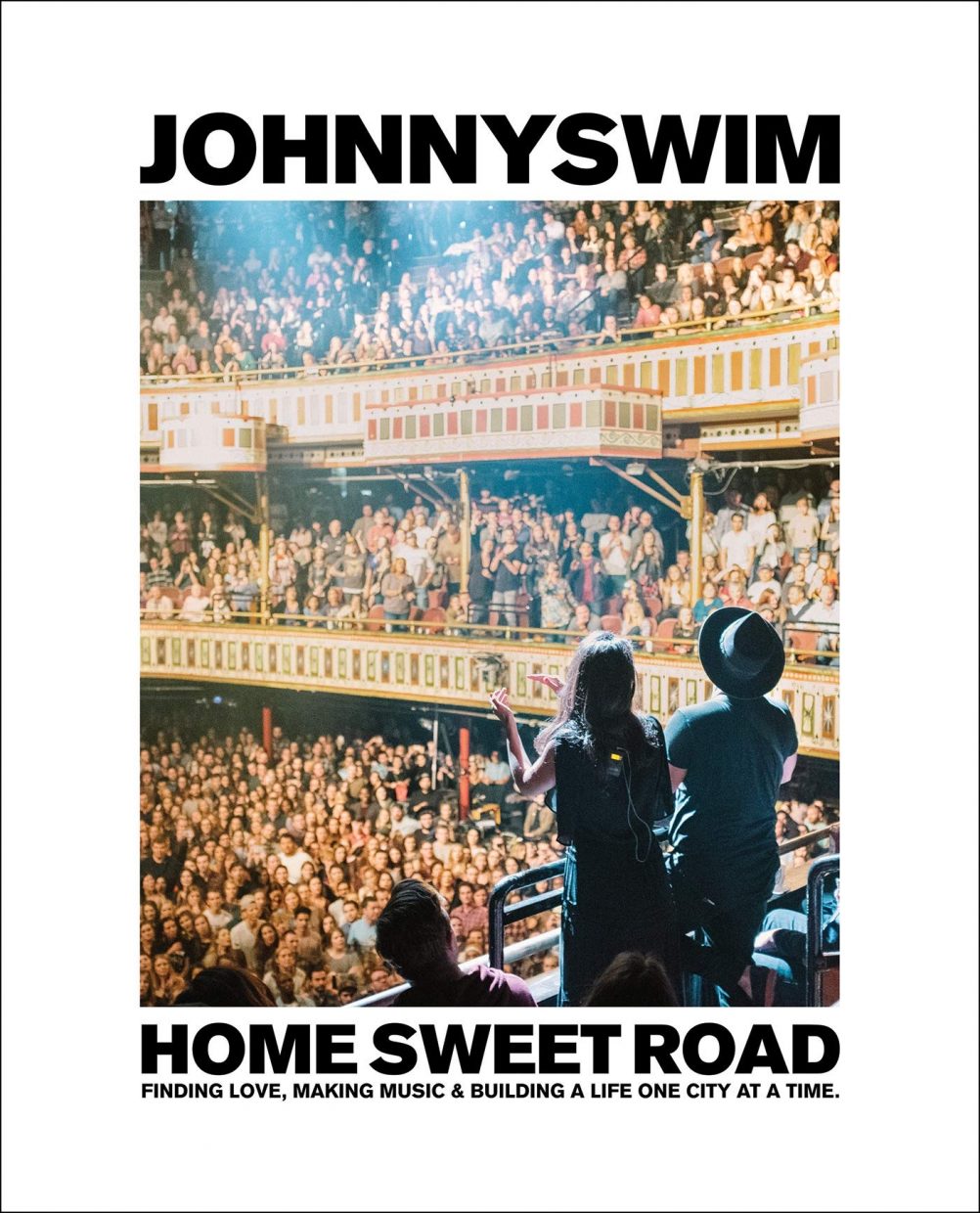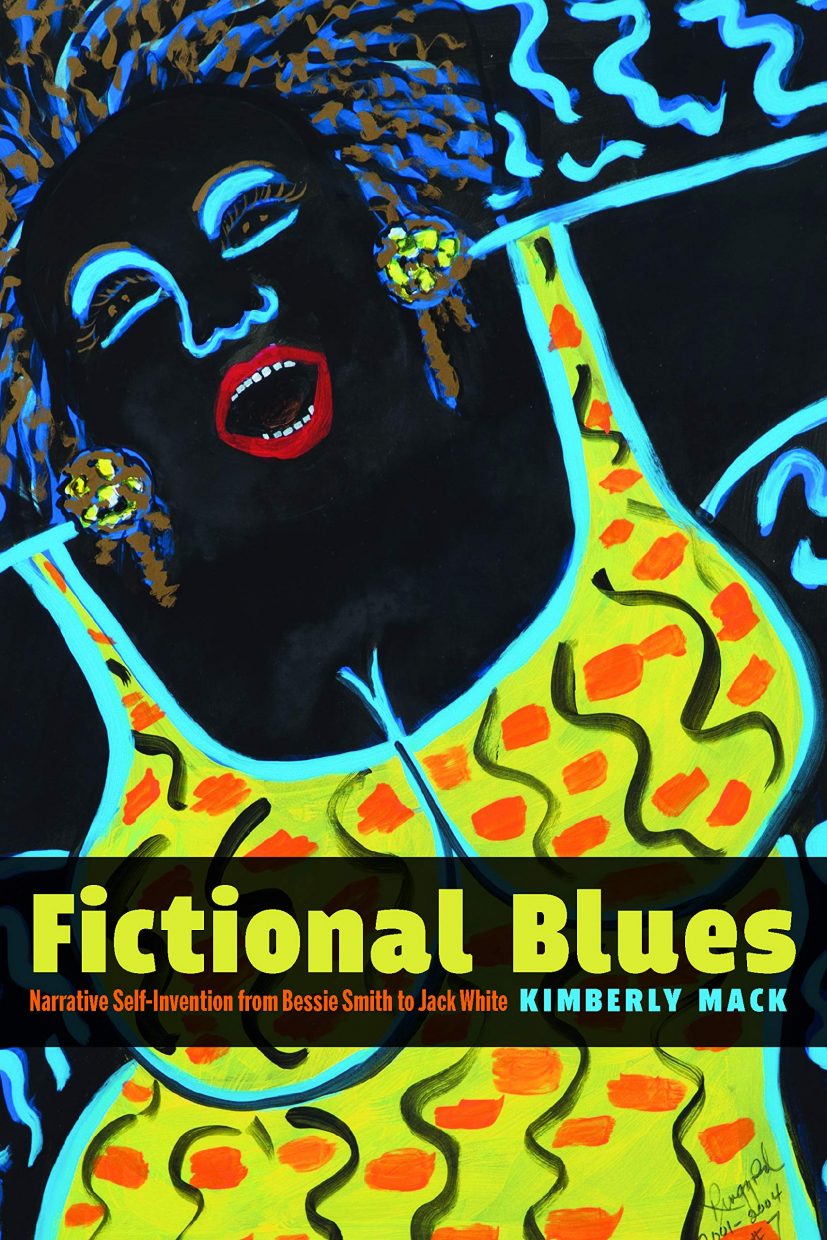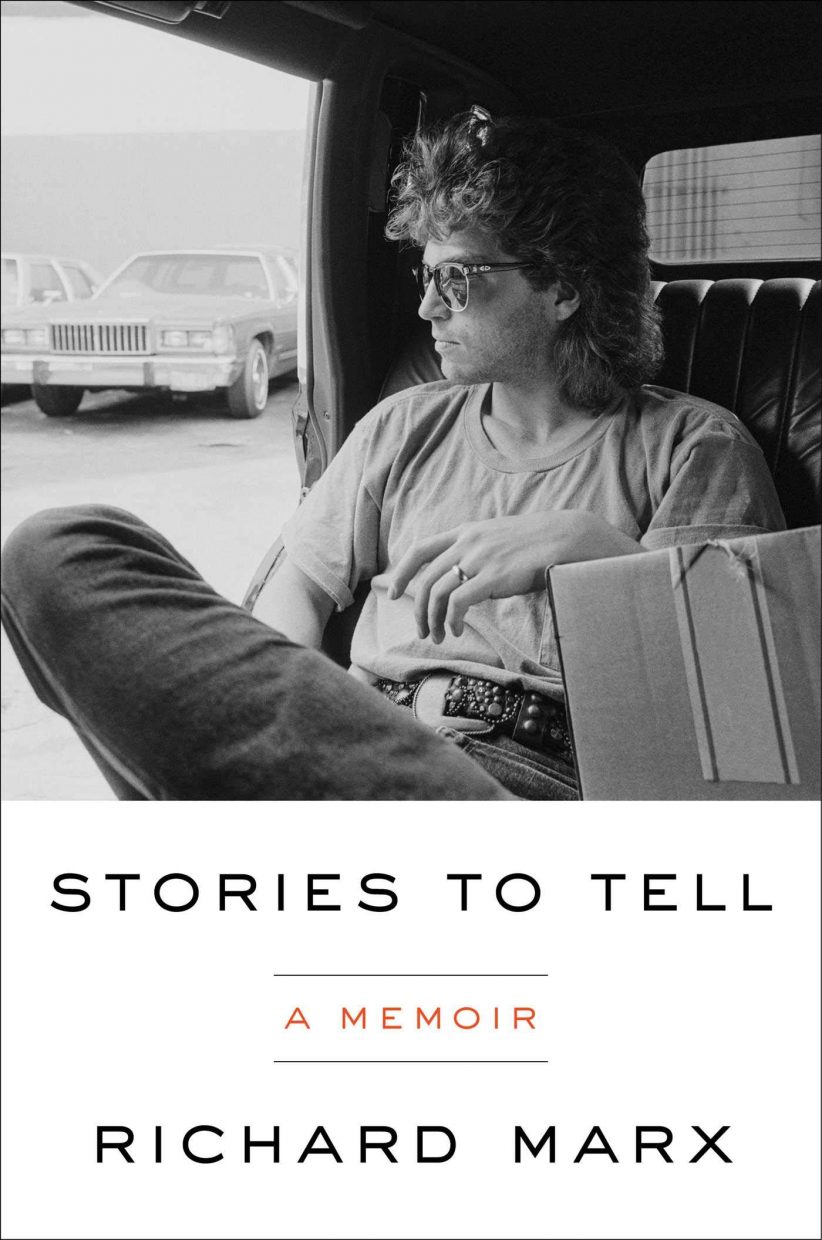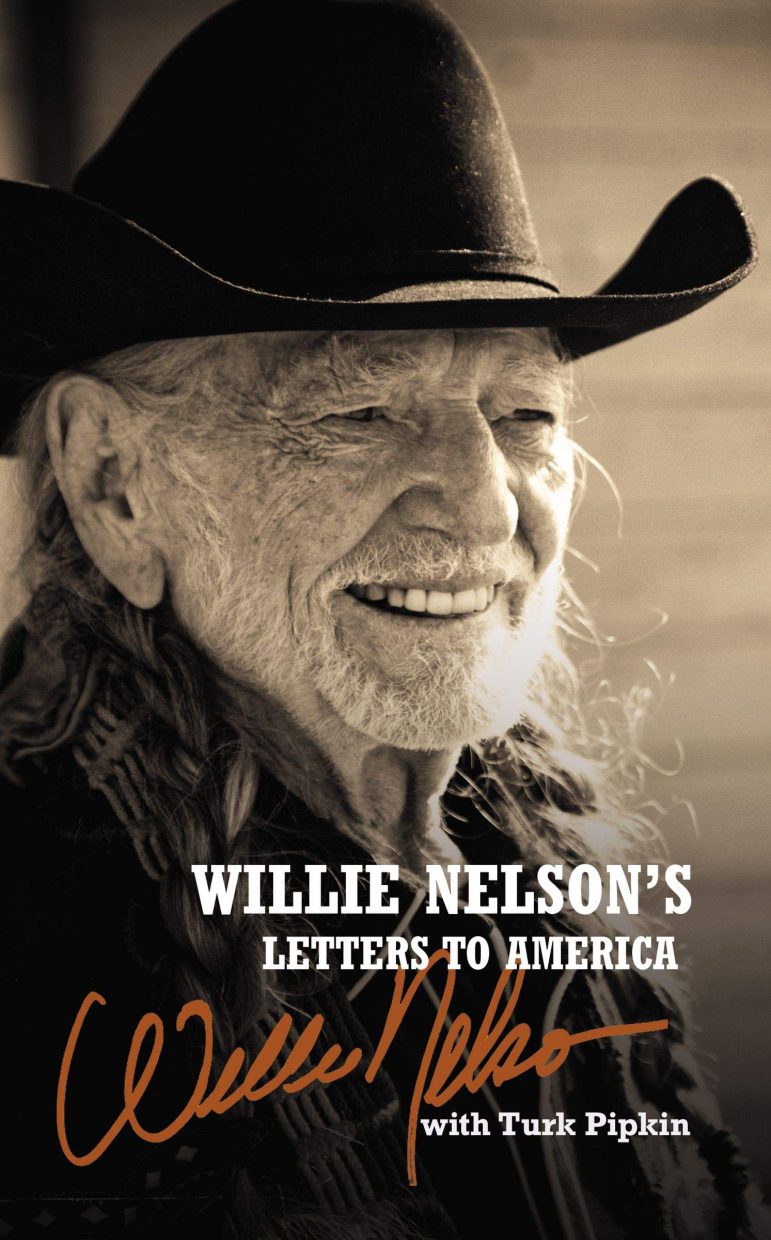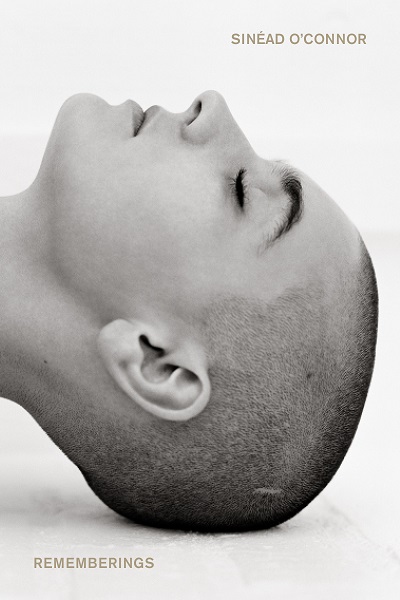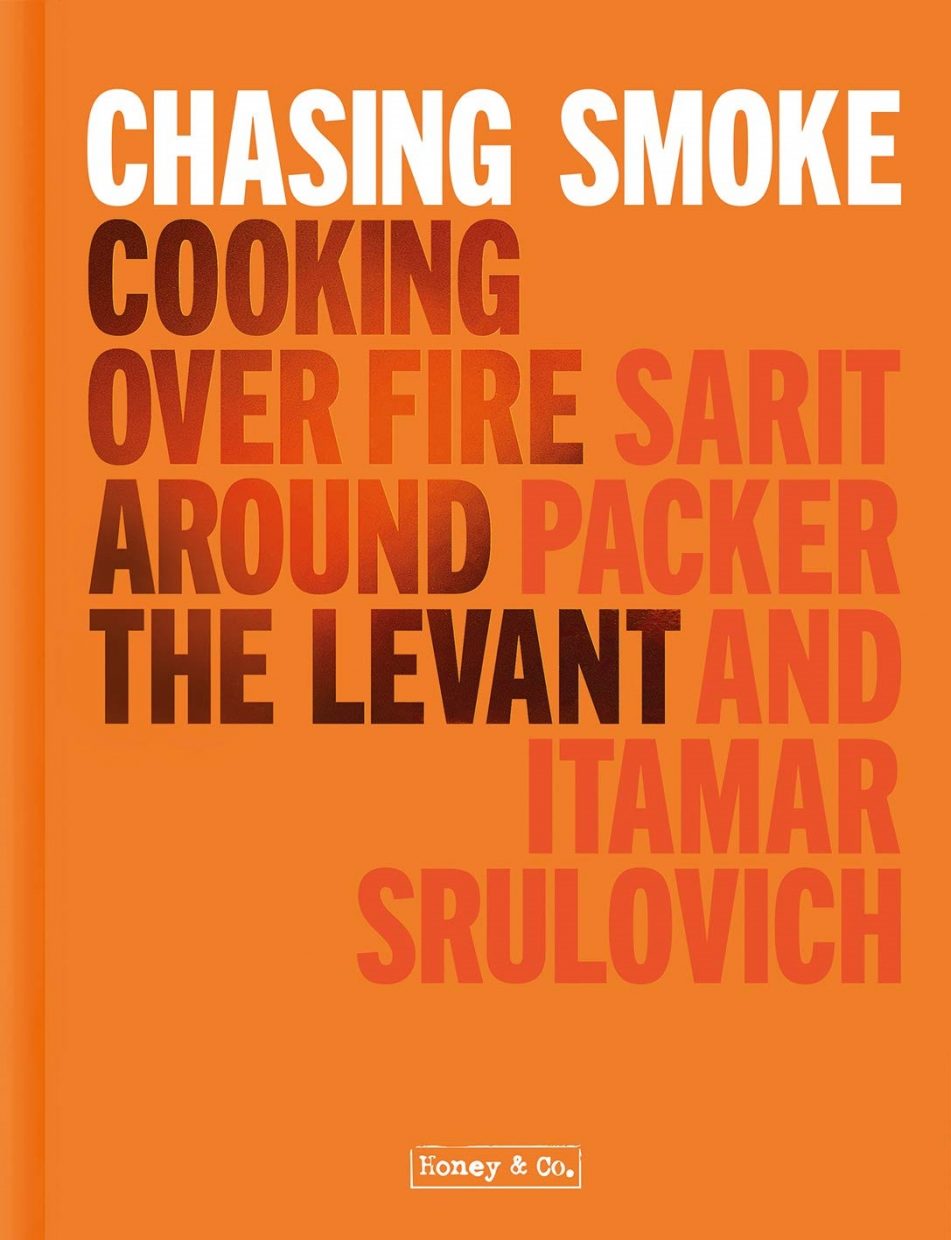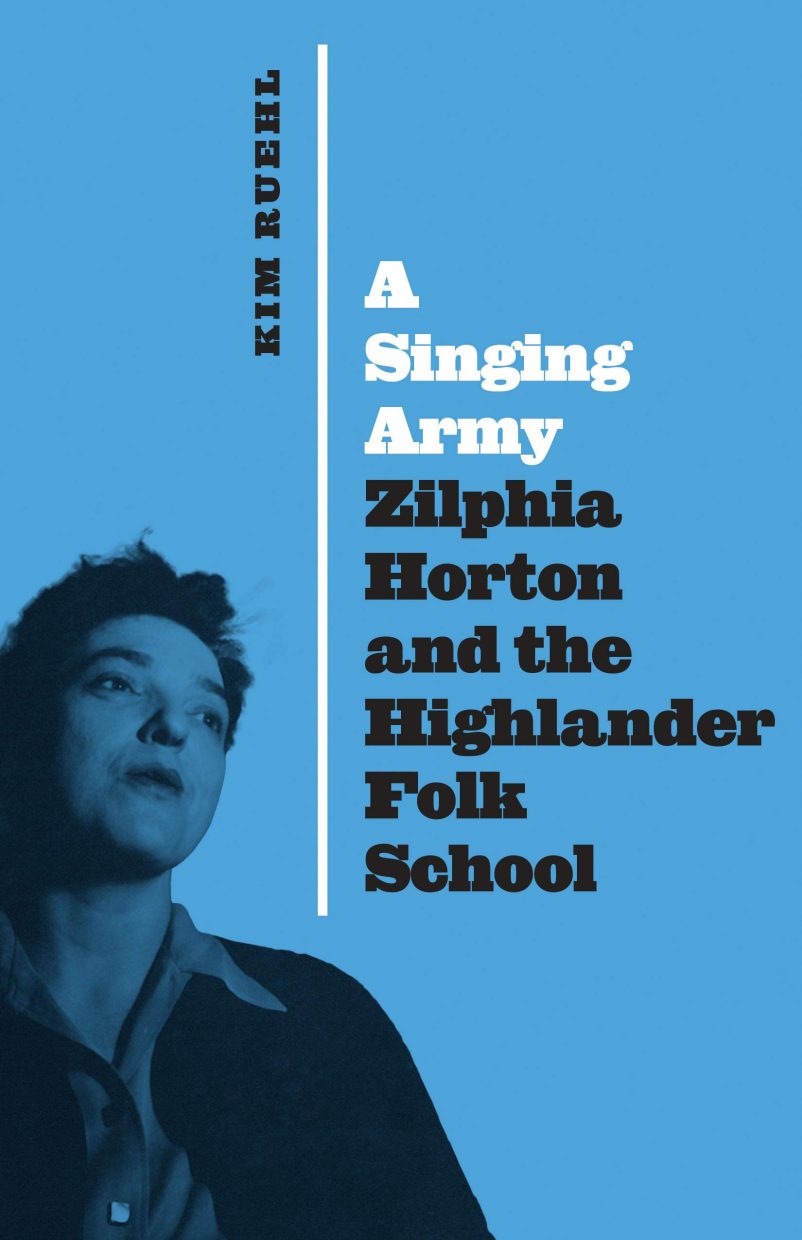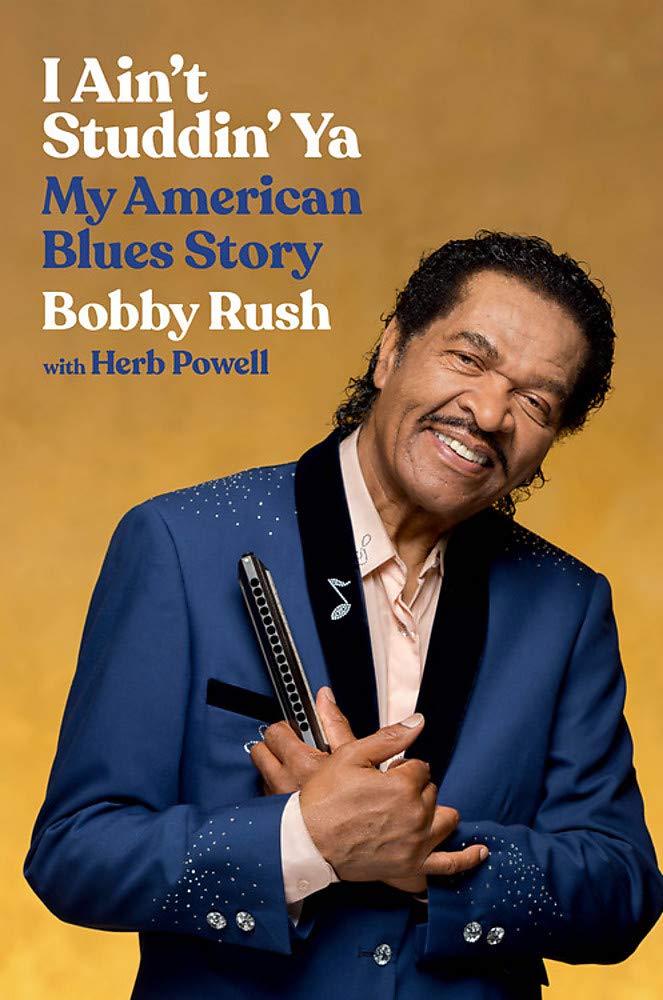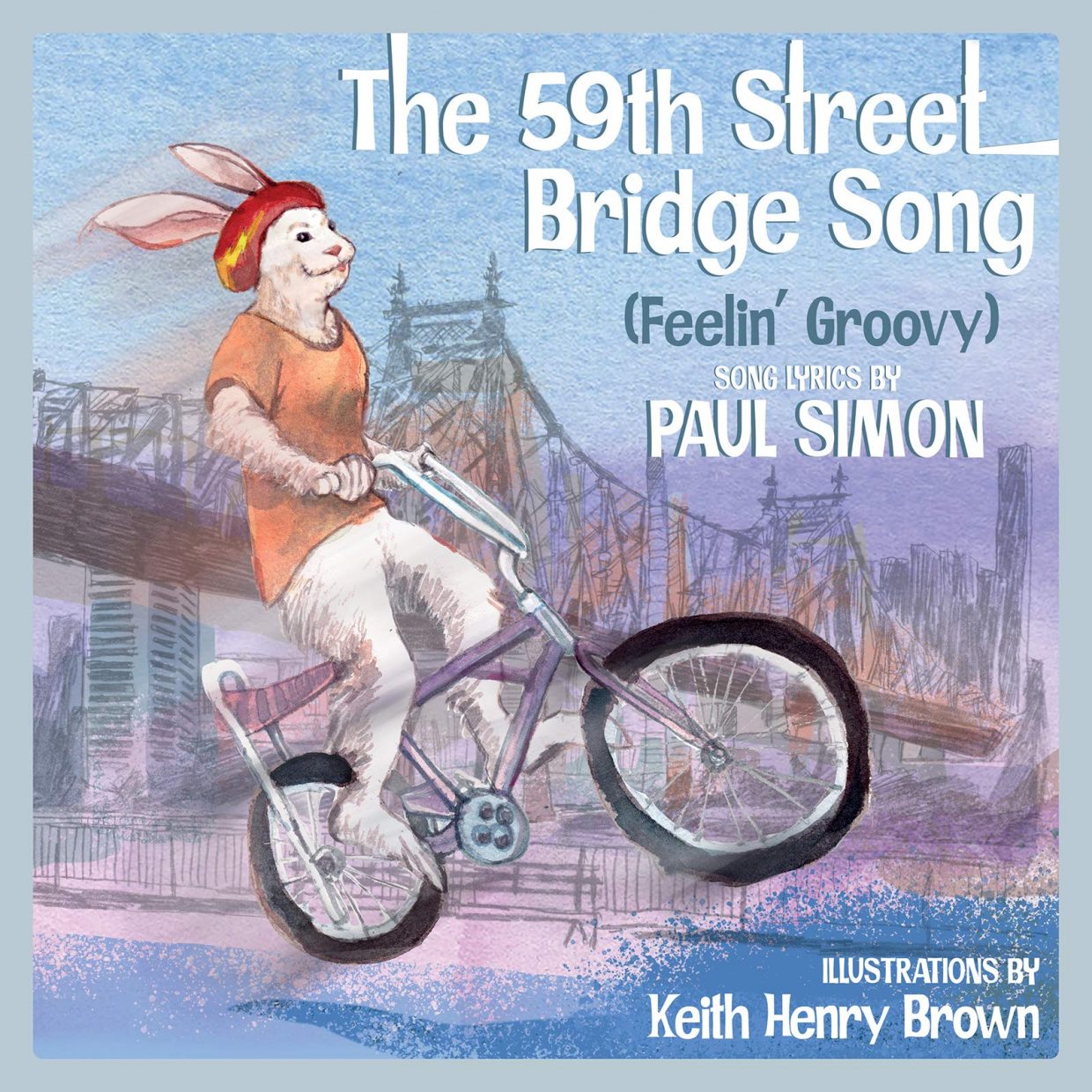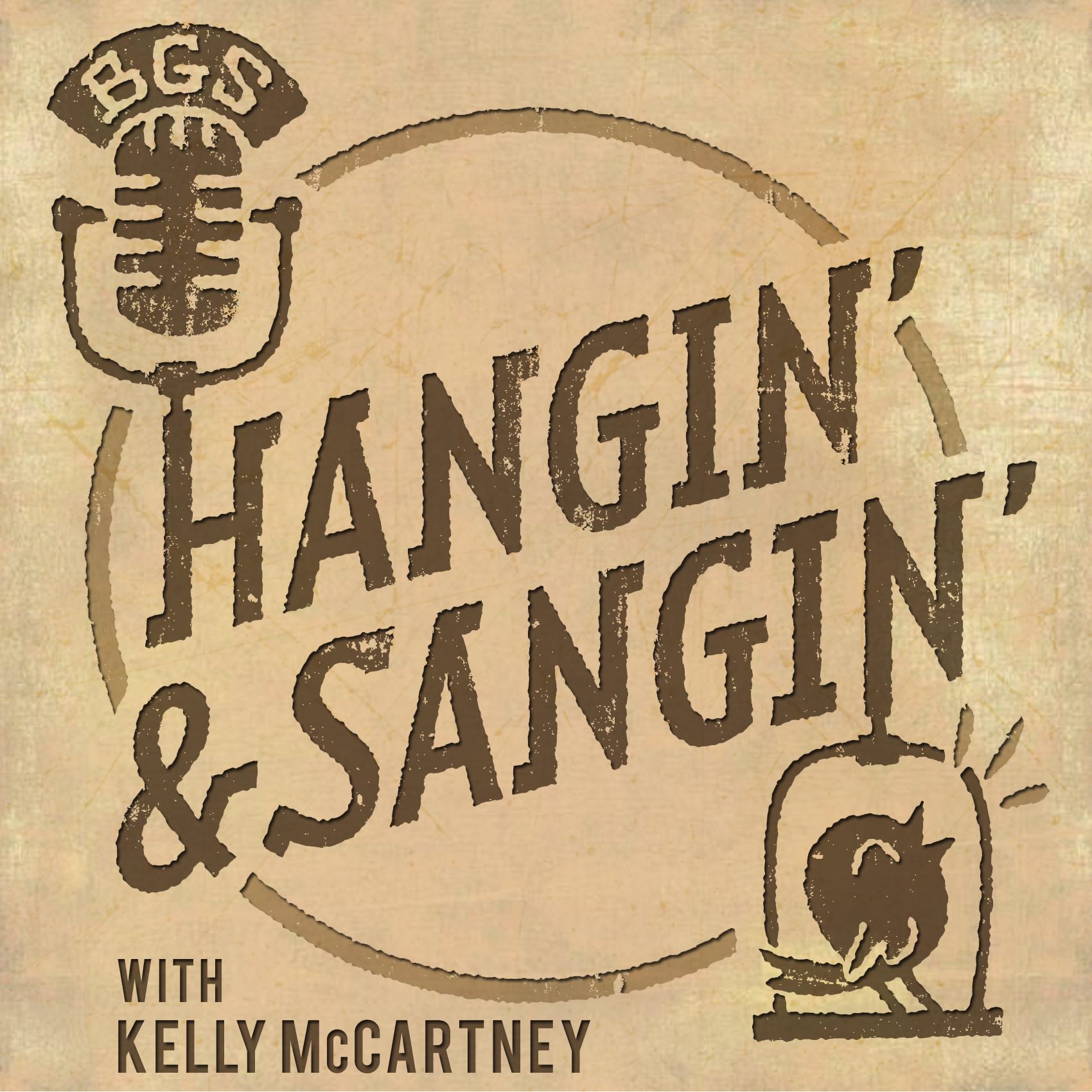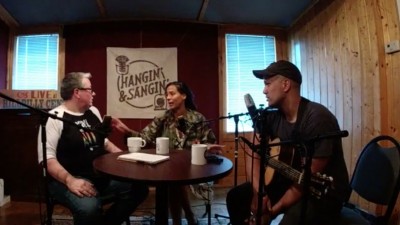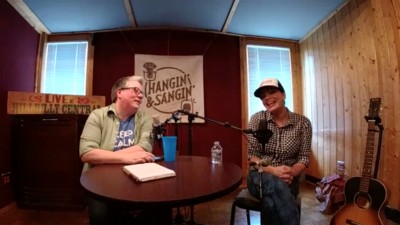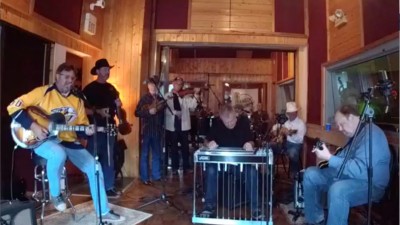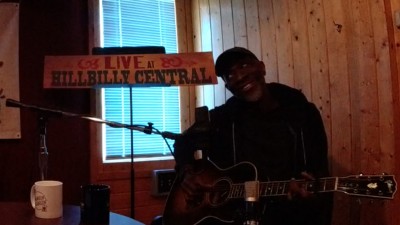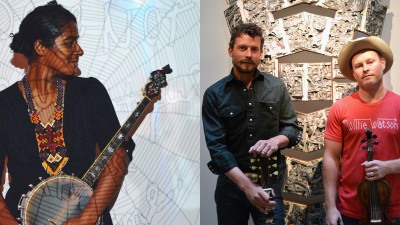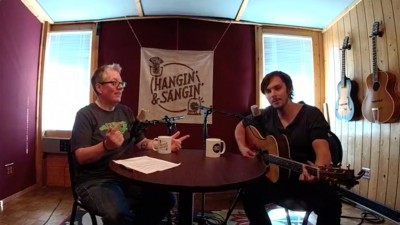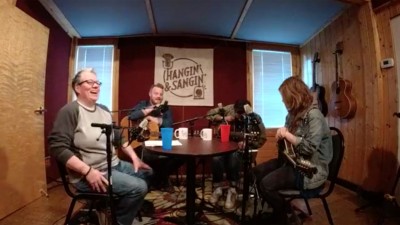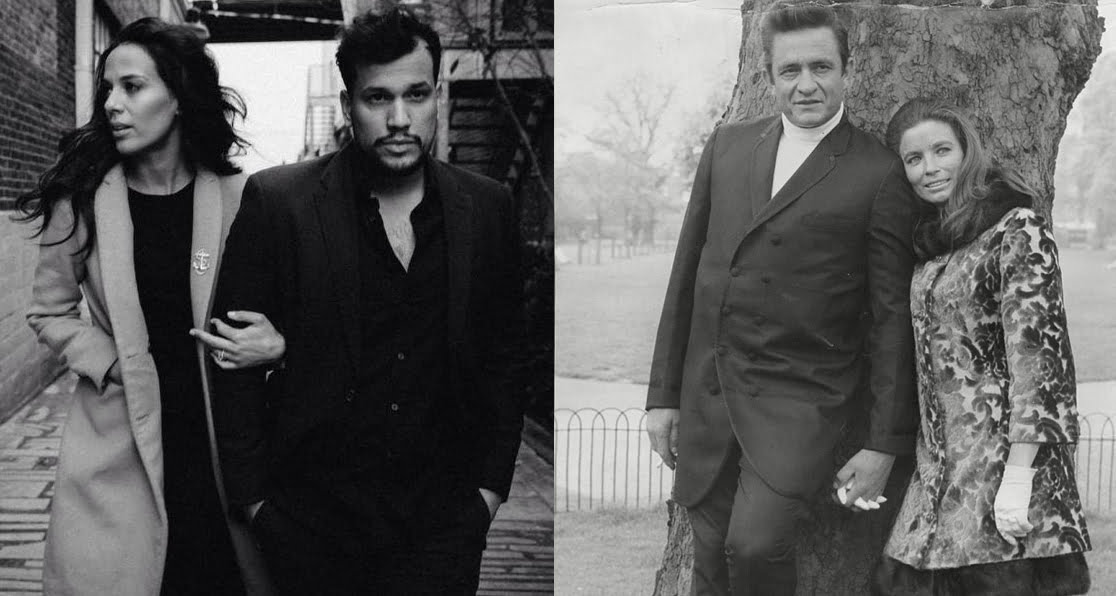Through wars with authority and battles with addiction, Johnny Cash carved out a place in musical history for himself that is the stuff of legends. The rebellion and redemption, as well as the humor and humility, that run through his songs resonated — and still resonate — with fans around the world who have bought more than 90 million records. An Arkansas native, Cash grew up listening to the Carter Family, spent time in the U.S. Air Force, found his way into music while in the service, got married just out of the service, struggled with addiction and affairs, had four daughters, got divorced, and, eventually, married the love of his life, June Carter, with whom he had one son. In the midst of all that, the “Man in Black” made some of the most popular and influential music of the 20th century. He passed away in 2003, four months after June’s own passing.
For the husband-wife duo of Johnnyswim (comprised of Abner Ramirez and Amanda Sudano) Cash represents an artistic archetype worth emulating. As such, for the 12 years they’ve been making music together, Ramirez and Sudano have blazed a musical path that similarly reflects the lives they live — lives of faith, family, love, and wonder. Johnnyswim’s deep passion and immeasurable joy for their work is most evident in their live shows, where the audience reflects it all right back at them. There’s no doubt Johnny would have loved their jaunt into the balcony of Ryman Auditorium to be among those fans at a recent Nashville show. It was right out of the Cash playbook.
Usually, I can connect the dots for myself on these picks. Other than the fact that he has quite a few songs the drunks all sing, help me get from Johnnyswim to Johnny Cash.
Abner Ramirez: [Laughs] Amanda and I … the influence our parents have given us from their varying backgrounds into what we’re doing today is the desire to do the thing we are most passionate about — to live for that and that alone. The trajectory is not record sales or moving up in a company. The trajectory is “how close are you to the mark of doing what you’re truly passionate about.” And I think, if there’s an artist I can point to that, in all his albums and the interviews I’ve seen him in, it seems like he had that true north trajectory. And that’s, to me, the most drawing facet of any artist.
There’s the … I want to say “no bullshit” but there’s a better way to say it. There’s that gritty, imperfect … I mean, us being on Conan and Amanda forgetting the lyrics and me singing a little bit sharp because I was so excited and nervous, that’s some of my favorite stuff because it’s real. Otherwise, have a computer go do it and put a pretty face on it. Anybody, with enough money, can be beautiful. It’s not about doing something perfect or exactly beautiful. It’s about being honest. And, sometimes, the only place you see that honesty is in the imperfections. That drives us toward our passions. We’re not trying to be perfect. We’re trying to be passionate. And I think Johnny Cash was one of the most passionate artists I’ve ever listened to.
Amanda Sudano: On a personal level, Johnny Cash was one of the very first artists that we bonded over when we first met and were writing songs. We would listen to him all the time, riding around town, singing along, being fully absorbed in the stories of each song. He was kind of our joint one true love. He was our first threesome. [Laughs]
[Laughs] That’s AWEsome.
AR: [Laughs] Oh, God! There have been none since. That should be said.
AS: [Laughs] First and only!
So, Abner, when you were parking cars at the Palms [in downtown Nashville], how often did you sneak down to the Johnny Cash Museum?
AR: You know what? It wasn’t there, when I was at the Palms. I’m older than I’d like to be. [Laughs]
[Laughs] Right on. Of all the different facets and eras of Johnny, is there one that you guys gravitate more toward?
AR: I think it’s seasonal for us. Ask me that question again in six months or six days, and I’d give you a different answer. But, for me, I love the Folsom Prison moment, when he’s established as a worldwide star and he’s recording this album. And I’m sure it was his choice to do it at the prison. I love the moment when he’s saying, “The record label wants me to do this thing and they’re filming it, and they want me to do this and that. And the only thing that matters is that you like what I’m doing and I like what I’m doing! So screw them!”
There’s something about that attitude of bucking the system … even though, of course, we’re in the beginnings of our career, we’re just getting started … there’s something about that attitude of not submitting to every opinion that a suit has for you that really is still in fashion in 2017 because, being people that are in pursuit on the grind, for so many of us young artists, that seems like the only wise decision — to agree with somebody who has a larger catalog or more experience — just to submit. Many times it is the wise thing, but it’s not the only wise thing.
And having your own compass inside your chest that burns when you’re going the right way — how important that is — that’s something that, right now, is so important to us. So that part of his career when he’s famous, but he’s still gritty and doing the wrong thing a lot of the time …
AS: If you listen to his live recordings, you get a sense that it’s not about the recording. It’s about the people he’s in front of. I feel like that’s so important. Now, most of the time with the shows you go to, it feels like you’re kind of watching them on TV. It feels like, “This is entertainment. This is a performance. They’re up on stage. We’re down here.” I think that’s something we’ve always tried to copy, really, that sense of him being one with the audience. It’s not just him on stage for you to ogle at. It’s him being part of you and you being part of him, and “we’re all in this together.” I feel like you get that sense in every bit of his live recordings, which I love so much. It’s really helped us.
A lot of that goes with what Abner said before: It’s not about perfection. It’s about the moment. If you can focus on that and quit worrying about perfection so much and worry more about being present, then the music becomes more alive than it could ever be if you were just playing the notes. Anybody can just play the notes, but let’s have some fun!
That being said, I do love the later years. I feel like, in every song, there is this bittersweet sadness of a man who has loved and lost, especially after June was gone. Those last recordings, there’s something so powerful about that tone of his voice. You can hear that he’s at the end of his life. You can hear that he’s lost his best friend. And there’s something so powerful about that. I think, especially in times when we’ve been going through loss and dealing with our own hurt, it’s helped us identify it and make the bitter a little sweeter, just hearing it in his voice. I have days when I just want to listen to the very end of Johnny Cash, the very last record of Johnny Cash’s, because that seems appropriate.
I’m glad you brought June into it because I think she’s an important piece to not lose in all of this, particularly because of your relationship. Through that lens, what do you see that June brought to Johnny that he wouldn’t have had on his own?
AS: What didn’t she bring that he wouldn’t have had?! She stabilized him in a lot of ways. I imagine them being much like me and Abner — obviously, on a very different spectrum. But with June coming from a family of musicians … and I come from a family of musicians … and being able to harness some of that passion. We had a friend that once said something like Abner was the passion, the fire, and I was the intimacy. And that was something that made us special because Abner has all this fire, and mine was smaller. It was a smaller flame. But it was that intimacy that made us, together, kind of come alive.
And I feel like you hear that … you hear something different in Johnny, post-June. For the rest of his life, she was able to bring out the more subtle flavors of him. There was just a sensibility of someone who’d been in music and wasn’t one of those girls who was starry-eyed at him all the time. That kind of balanced him out.
It’s important to not let the guys get too cocky about it all. You can’t fawn over them all the time.
AR: That’s right. Especially when they don’t have the right to be too cocky about it.
[Laughs] Especially when they sing a little bit sharp on Conan .
AR: [Both laugh] That’s exactly right!
Do you guys feel like the legacy and legend of Johnny — and even his music — if he hadn’t lived such a raucous life, it wouldn’t have been the same. What do you think it would be?
AR: Of course not. No.
AS: He wouldn’t have had the stories.
AR: He wouldn’t have had the stories or the honest place to come from when he was telling the stories. You learn the lesson, like you learn through loss, that, yes, it sucks. That is a statement on its own: When you lose somebody, when there’s a rough patch, whatever it might be, it really is the thing that makes the rest of your life take flavor. Picasso says the painting, on its own, isn’t the most valuable part. It’s the plane that it’s in, the dimensions that you put it in, because there are limitations — the frame gives it limitations. And it’s what you do within those limitations that make it beautiful. If there were no limits, there wouldn’t be beauty. And I think that’s what loss and suffering and hard times do to us: They put a frame around a canvas and it’s what we do within that frame that makes it beautiful. If it were limitless happiness, I think you’d be limited in the true beauty you could create.
Seeing as you’ve stated quite clearly that you “want to write a song the drunks all sing,” which of Johnny’s songs do you guys wish you’d written?
AR: “Sam Hall.”
AS: [Laughs] I was gonna say “Sam Hall”!
AR: [Laughs] I don’t think he even wrote it! But that’s my favorite Johnny Cash song. I think it’s both of ours.
AS: Whenever we’re on a road trip, that’s the one where we’re like … you know when you get a little bit delirious? There’s always a point on a road trip, right as you’re pulling up to where you’re going or, at some point, you’re going to fall asleep and you decide to double-down and try to stay awake? That’s our song. We’ve sung that song so many times on the road, so that would be the one that I secretly wish we would’ve written.
AR: [Sings] “The sheriff, he come to, he come to. The sheriff, he come to, he come to. The sheriff, he come to, he said, ‘Sam, how are you?’ I said, ‘Sheriff, how are you?’ ‘Damn your eyes!’” [Laughs]
AS: [Laughs] The only way you could write that song and sing it as legitimately as he did is if you really mean it and fully commit. Because it’s so ridiculous. But he does it. And I want to have that sort of commitment.
It’s like “Boy Named Sue.” You have to give yourself over to the whole thing.
AS: Uh huh. Yeah!
